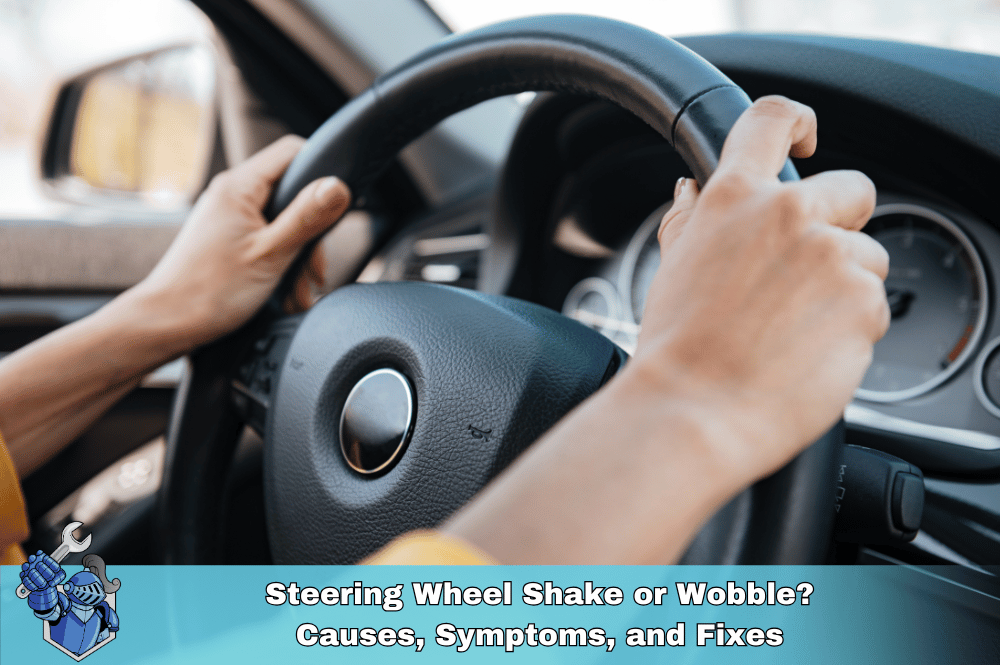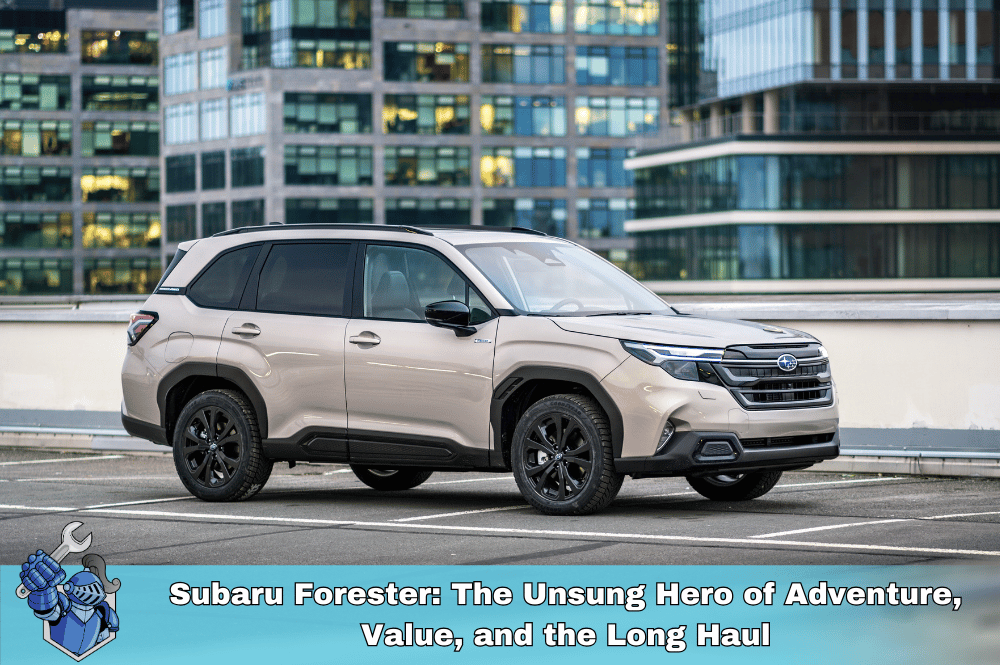Blockchain is a secure, digital ledger that records transactions across many computers. It's like a shared database where every entry is permanent, tamper-proof, and visible to everyone on the network.
Cryptocurrency is no longer a fringe concept—it's gone mainstream. But behind the buzzwords like Bitcoin, Ethereum, and Web3, there’s a powerful foundation that’s reshaping our digital world: blockchain technology. Whether you're diving into digital assets, exploring decentralized finance, or simply curious about how cryptocurrencies work, understanding blockchain is step one.
In this article, we’ll break it all down—blockchain explained simply, how it works, why it matters, and what the technology behind cryptocurrency means for the future of money, data, and even vehicle ownership.
What Is Blockchain?
Let’s start with the basics: what is blockchain?
A blockchain is a decentralized, distributed digital ledger that records transactions across multiple computers. This means no single person or entity controls the data, and every transaction is publicly verified by a network of participants, ensuring transparency and security.
Think of it as a chain of blocks, where each block contains a list of transactions. Once a block is filled, it’s added to the chain in chronological order. Because every block references the one before it, changing data retroactively becomes nearly impossible making blockchain secure by design.
How Does Blockchain Work?
So, how does blockchain work, technically?
- Transaction is requested – Say you send Bitcoin to a friend.
- Transaction broadcast to network – Your request is sent to a peer-to-peer network of computers (nodes).
- Validation through consensus mechanism – These nodes use algorithms to verify the transaction.
- Block creation – Once validated, your transaction is grouped with others into a new block.
- Block added to the chain – This block is permanently added to the blockchain.
- Transaction complete – Your friend gets the Bitcoin.
This process relies on what's called consensus mechanisms—rules that ensure all participants agree on the current state of the blockchain. The most common are:
- Proof of Work (PoW) – Used by Bitcoin. Involves solving complex math problems.
- Proof of Stake (PoS) – Used by Ethereum 2.0. Participants “stake” their coins to validate blocks.
Key Components of Blockchain Technology
Here are the core components of blockchain you should know:
- Block: A container for a set of verified transactions.
- Hash: A unique identifier for each block.
- Node: A computer on the blockchain network.
- Smart Contracts: Self-executing code that runs when conditions are met.
- Wallet: A tool for accessing and managing cryptocurrency.
- Ledger: The shared database where all transactions are recorded.
Tip: The “ledger” part of blockchain is often called distributed ledger technology (DLT).
Applications of Blockchain Technology (Beyond Crypto)
Though it powers cryptocurrencies like Bitcoin and Ethereum, blockchain is far more than cryptocurrency technology. It's driving innovation across industries.
1. Finance & Banking
- Faster cross-border payments
- Reduced fraud
- Real-time auditing
2. Supply Chain Management
- Transparent product tracking
- Improved logistics
- Reduced counterfeiting
3. Healthcare
- Secure patient data sharing
- Tamper-proof medical records
4. Voting Systems
- Immutable voting ledgers
- Greater election transparency
5. Insurance & Warranties
- Smart contracts enable automatic claims
- Transparent service records for cars and trucks (👋 a nod to Noble Quote’s future tech integrations)
The Concept of Decentralization
Central to blockchain is decentralization—the idea that no single entity controls the system.
In traditional banking, your money is stored and verified by a central authority. In blockchain, it's verified by a distributed network.
This peer-to-peer model increases transparency and security while eliminating single points of failure.
Advantages of Blockchain
Here’s why blockchain is generating global interest:
- Transparency: Anyone can audit the blockchain.
- Security: Data cannot be easily altered once recorded.
- Efficiency: Transactions settle faster, often without middlemen.
- Cost savings: Reduced overhead and fewer intermediaries.
- Traceability: Perfect for logistics, supply chains, and warranties.

The Role of Blockchain in Digital Currencies
So what's the role of blockchain in digital currencies like Bitcoin?
Every transaction on the Bitcoin network is recorded on its blockchain. Without blockchain, cryptocurrency wouldn’t exist. The blockchain ensures ownership, transparency, and security of each transaction—making fraud nearly impossible without majority network control.
Blockchain, Web3, and the Future of Money
You may have heard the term Web3 floating around. It refers to the next evolution of the internet—one powered by blockchain, smart contracts, and decentralized apps (dApps).
Unlike Web2 (where platforms like Google and Facebook own your data), Web3 puts control back in your hands.
And this shift will transform how we manage:
- Identity
- Money
- Data ownership
- Even car titles and extended warranties
Learning the Basics: Blockchain for Beginners
Still wondering how to learn blockchain?
Start small. Focus on:
- How blocks, chains, and hashes work
- The difference between PoW and PoS
- Real-world use cases (Bitcoin, Ethereum, NFTs)
Then move into topics like:
- Smart contracts
- Token standards (ERC-20, ERC-721)
- Decentralized Finance (DeFi)
Final Thoughts: Why Blockchain Matters
From cryptocurrency explained simply to smart contracts and decentralized finance, blockchain is more than a buzzword—it’s a shift in how the world handles value, identity, and trust.
At Noble Quote, we’re always looking toward innovation. Whether it’s protecting your vehicle or helping you understand the future of digital finance, we’re here to help you stay prepared.
Stay tuned as we explore how this revolutionary tech could eventually support automotive service contracts, vehicle history transparency, and more.
Dive deeper: Visit our Learning Center for more tech-driven insights and helpful guides.
Blockchain Explained: Answers to Common Questions About How It Works, Why It Matters, and What It Powers
What is blockchain in simple terms?
How does blockchain work step by step?
Blockchain works by grouping verified transactions into “blocks,” which are then added to a chain in chronological order. Each block is connected to the one before it, and once added, it can’t be changed. A decentralized network of computers verifies each step using consensus algorithms like Proof of Work or Proof of Stake.
Why is blockchain important for cryptocurrency?
Blockchain is the backbone of cryptocurrency. It records every crypto transaction in a transparent and secure way without needing banks or centralized authorities. This decentralized structure ensures the integrity and security of digital currencies like Bitcoin and Ethereum.
What are the key components of blockchain technology?
The main components of blockchain include:
- Blocks: Units that store data
- Hashes: Unique identifiers for each block
- Nodes: Computers that maintain the network
- Smart Contracts: Automated, self-executing code
- Consensus Mechanisms: Rules to verify transactions
How is blockchain different from traditional databases?
Traditional databases are centralized and controlled by one authority. Blockchain is decentralized, meaning no single entity owns it. Data in a blockchain is also immutable—once written, it can't be edited or deleted—unlike standard databases.
What is mining in blockchain and why is it necessary?
Mining is the process of validating transactions and adding them to the blockchain. In Proof of Work systems like Bitcoin, miners solve complex math problems to earn the right to add a block. This process secures the network and releases new cryptocurrency.
Can blockchain be hacked or tampered with?
While no system is 100% hack-proof, blockchain is considered highly secure. To alter a blockchain, a hacker would need to control over 51% of the network’s computing power—an extremely difficult and expensive task on large blockchains.
What are real-world applications of blockchain technology?
Blockchain is used in many industries beyond cryptocurrency, including:
- Finance (faster payments)
- Healthcare (secure patient data)
- Supply Chain (product tracking)
- Voting systems (tamper-proof ballots)
- Insurance & Warranties (smart claims processing)
What is the role of blockchain in Web3 and decentralized finance?
Blockchain enables Web3 by allowing users to own their data, control their digital identities, and interact with decentralized apps (dApps). In decentralized finance (DeFi), blockchain replaces traditional financial intermediaries, offering open, permissionless access to financial tools.
How do I start learning about blockchain and cryptocurrency?
Begin with beginner-friendly resources like Noble Quote’s Learning Center, where we explain blockchain basics, cryptocurrency terms, and digital finance trends in plain English. Try using a free crypto wallet to explore how transactions work.
Suggestions for you
Read MoreLet’s work together
Every week we showcase three charitable organizations that our donations are sent to. Our clients are able to choose which of these three will receive their gift when they add coverage to their vehicle...

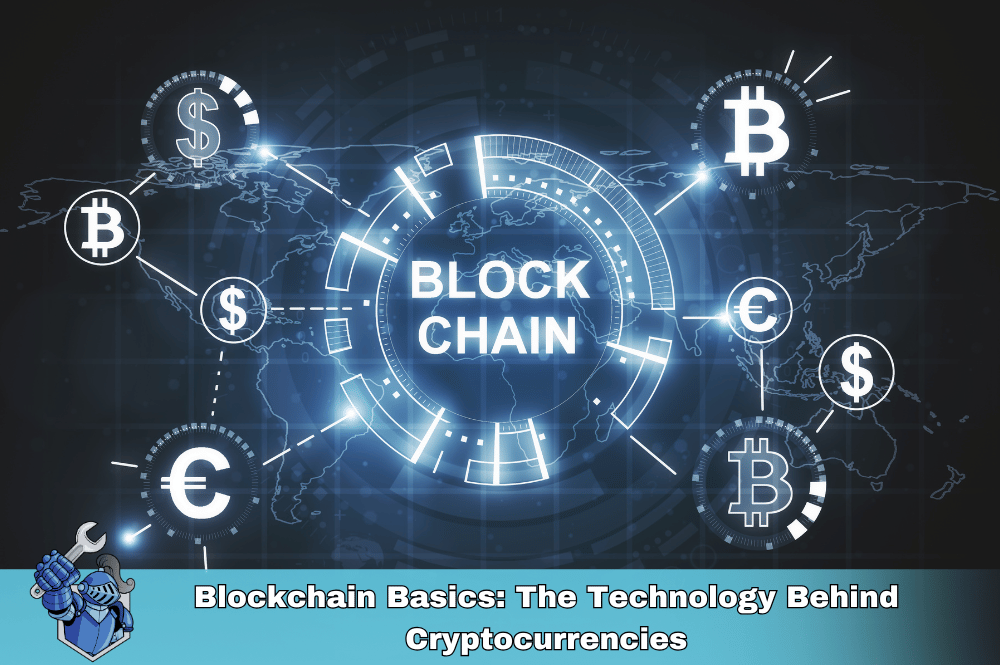
 New vs. Used: A Financial Showdown for Your Next Vehicle
New vs. Used: A Financial Showdown for Your Next Vehicle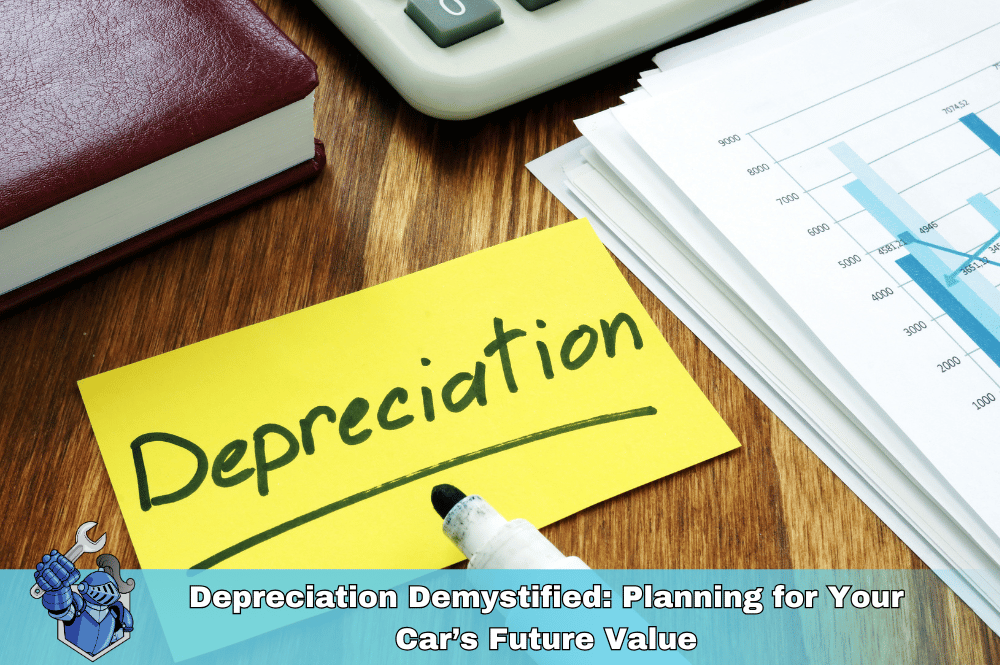 Depreciation Demystified: Planning for Your Car’s Future Value
Depreciation Demystified: Planning for Your Car’s Future Value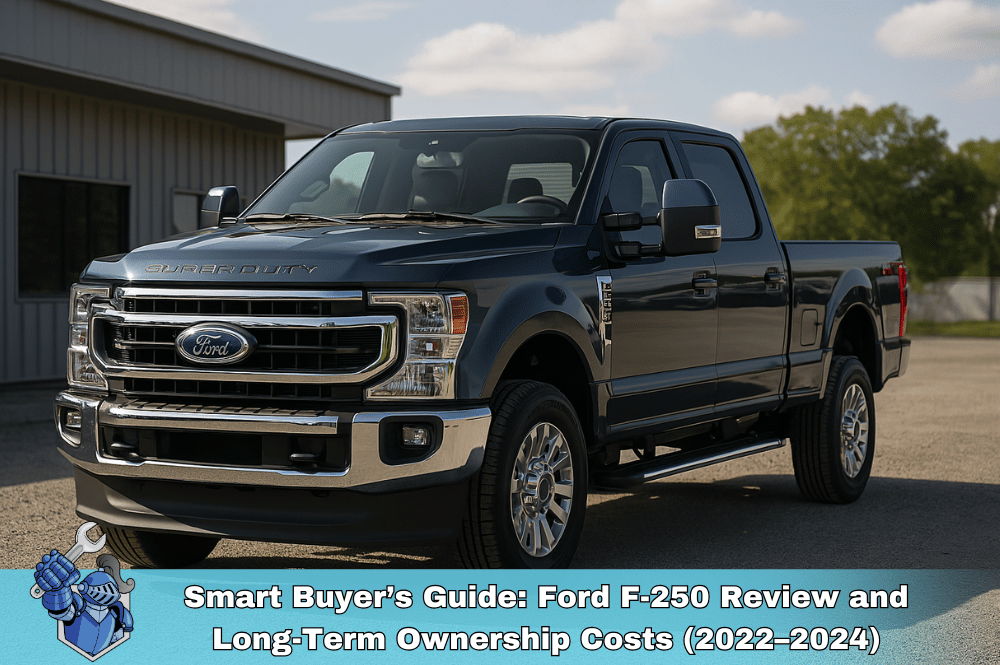 Smart Buyer’s Guide: Ford F-250 Review and Long-Term Ownership Costs (2022–2024)
Smart Buyer’s Guide: Ford F-250 Review and Long-Term Ownership Costs (2022–2024) DIY Danger? The Financial Risks of Handling Car Repairs Yourself
DIY Danger? The Financial Risks of Handling Car Repairs Yourself The Downtime Trap: How Car Repairs Can Cost You More Than Just the Bill
The Downtime Trap: How Car Repairs Can Cost You More Than Just the Bill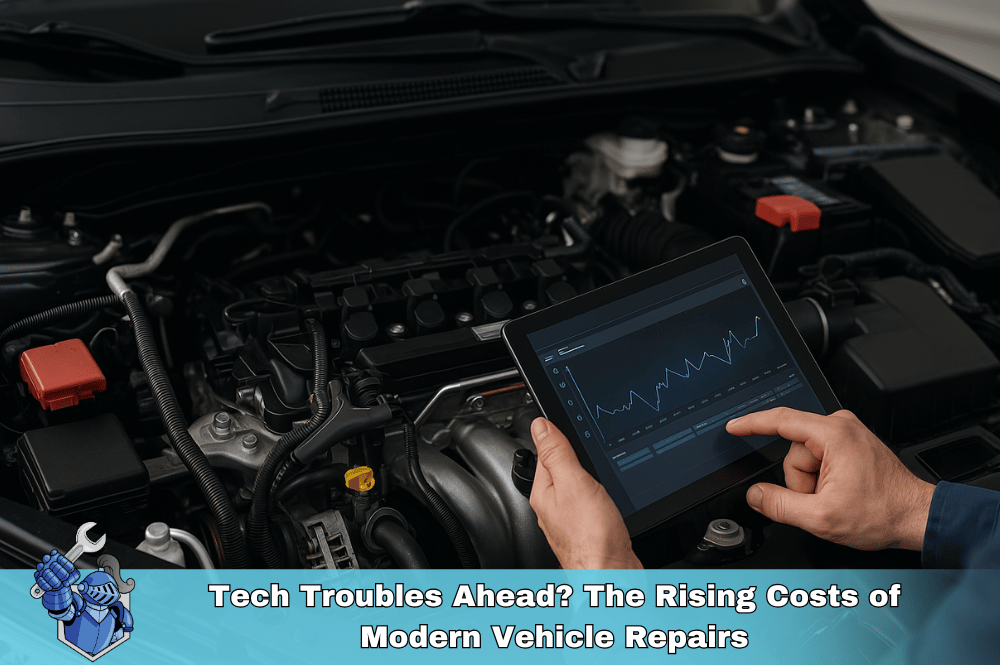 Tech Troubles Ahead? The Rising Costs of Modern Vehicle Repairs
Tech Troubles Ahead? The Rising Costs of Modern Vehicle Repairs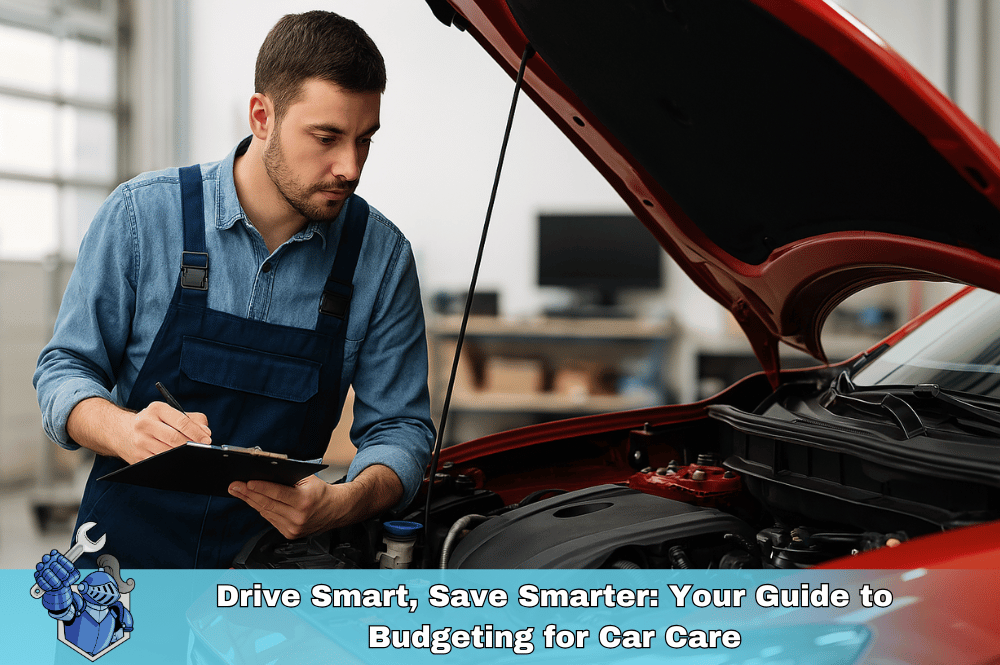 Drive Smart, Save Smarter: Your Guide to Budgeting for Car Care
Drive Smart, Save Smarter: Your Guide to Budgeting for Car Care Don’t Let Tariffs Hike Your Bills: The Smart Way an Extended Warranty Saves You on Car Repairs
Don’t Let Tariffs Hike Your Bills: The Smart Way an Extended Warranty Saves You on Car Repairs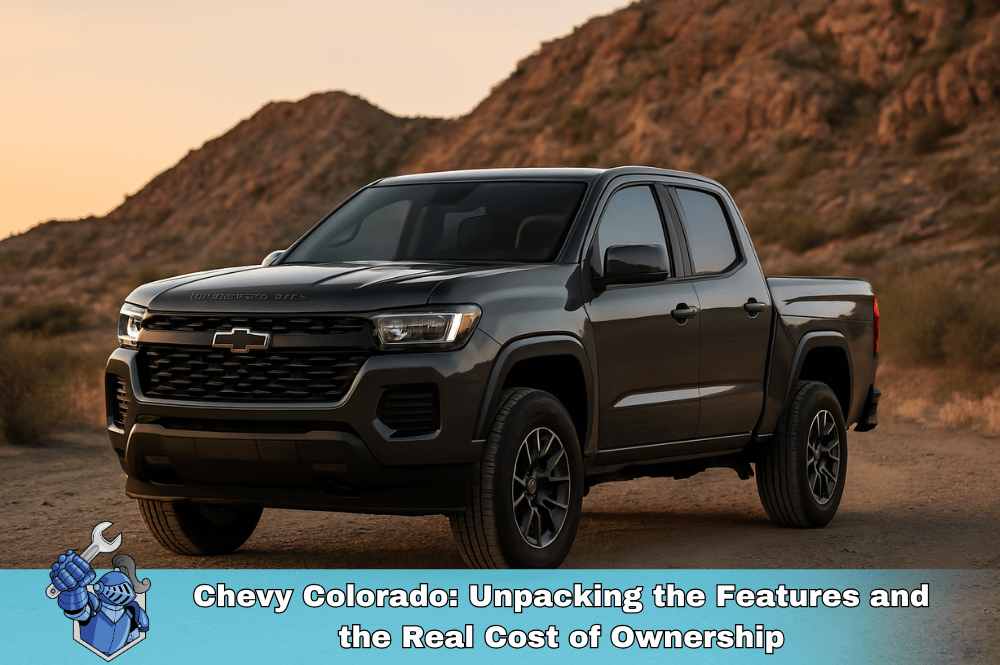 Chevy Colorado: Unpacking the Features and the Real Cost of Ownership
Chevy Colorado: Unpacking the Features and the Real Cost of Ownership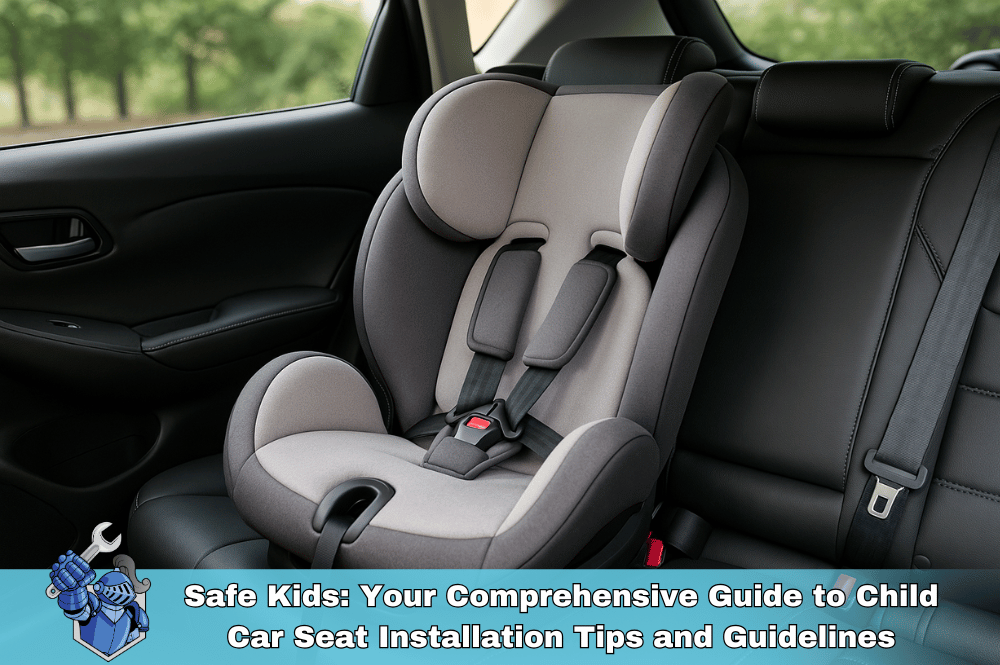 Safe Kids: Your Comprehensive Guide to Child Car Seat Installation Tips and Guidelines
Safe Kids: Your Comprehensive Guide to Child Car Seat Installation Tips and Guidelines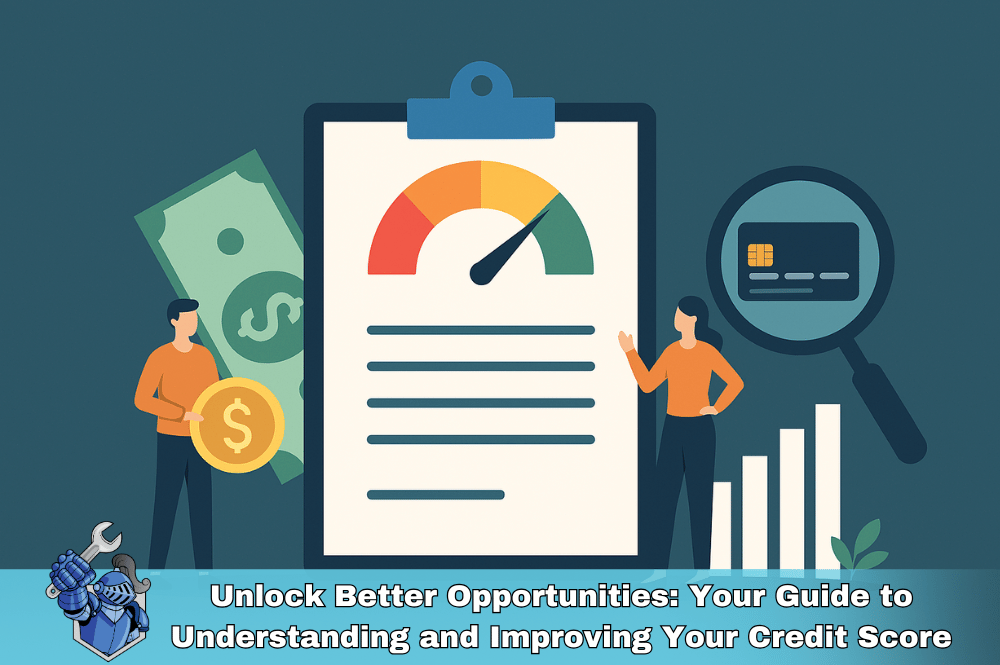 Unlock Better Opportunities: Your Guide to Understanding and Improving Your Credit Score
Unlock Better Opportunities: Your Guide to Understanding and Improving Your Credit Score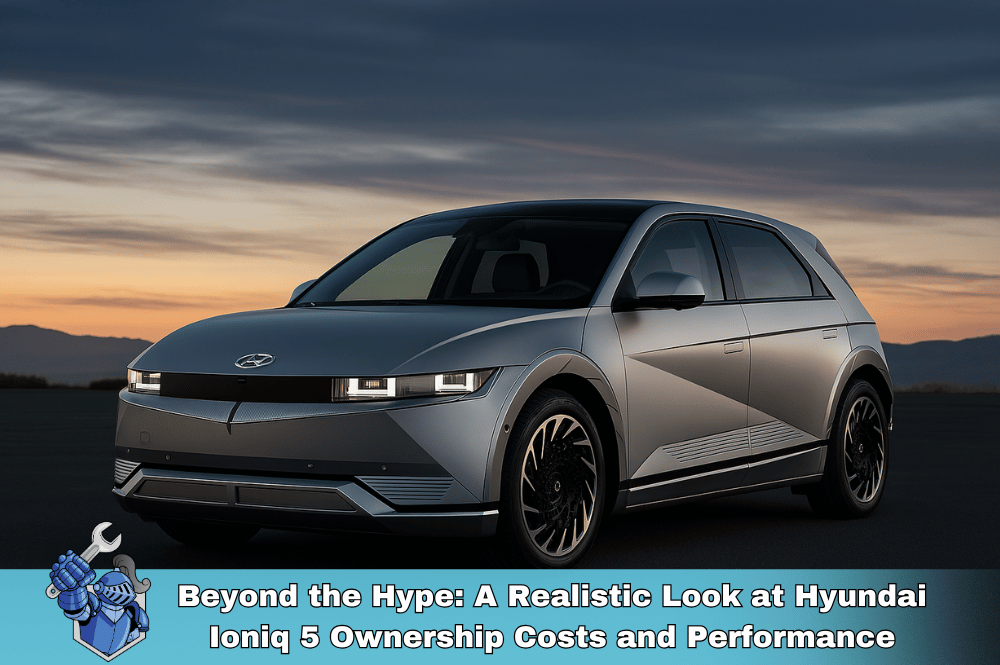 Beyond the Hype: A Realistic Look at Hyundai Ioniq 5 Ownership Costs and Performance
Beyond the Hype: A Realistic Look at Hyundai Ioniq 5 Ownership Costs and Performance Kia Telluride Review: Unpacking the Features and the Real Cost to Own
Kia Telluride Review: Unpacking the Features and the Real Cost to Own Decoding Your Wallet: The Benefits of Using Cash and Credit Wisely
Decoding Your Wallet: The Benefits of Using Cash and Credit Wisely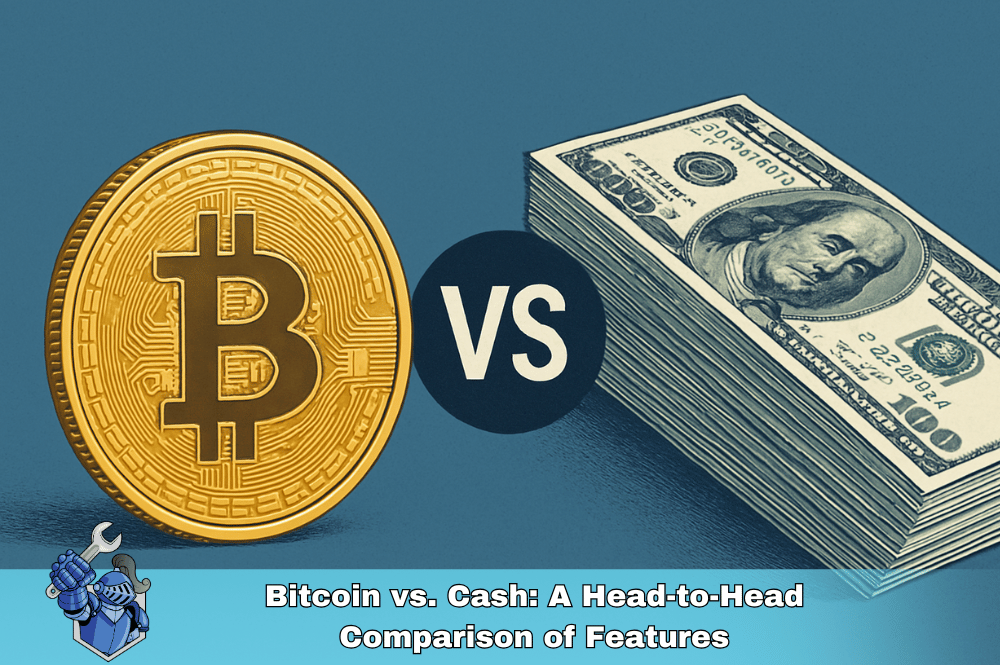 Bitcoin vs. Cash: A Head-to-Head Comparison of Features
Bitcoin vs. Cash: A Head-to-Head Comparison of Features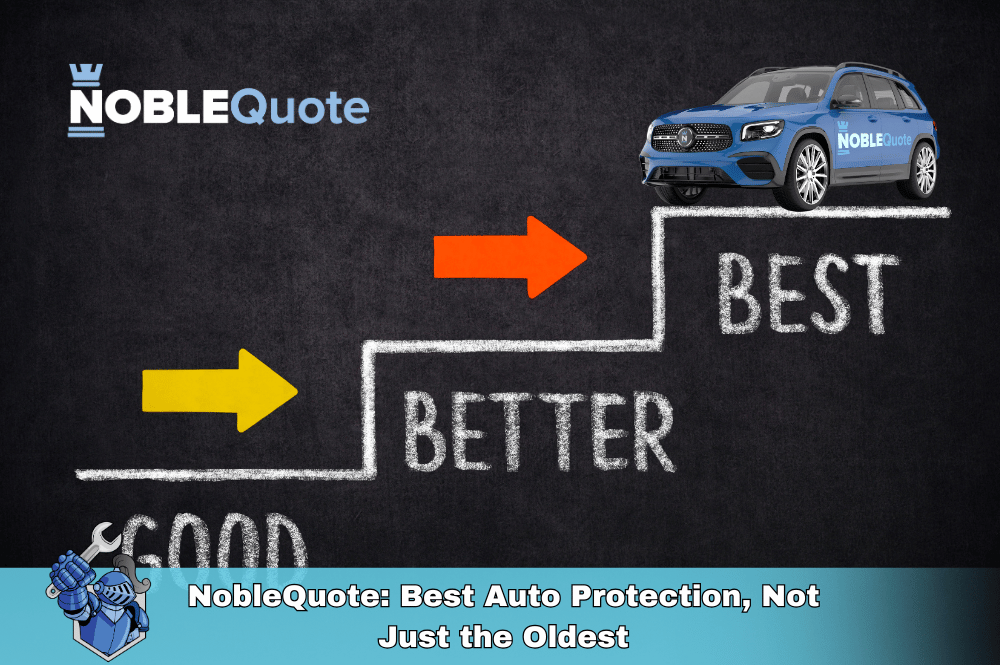 NobleQuote: Best Auto Protection, Not Just the Oldest
NobleQuote: Best Auto Protection, Not Just the Oldest What is a Home Warranty and Do You Need One?
What is a Home Warranty and Do You Need One?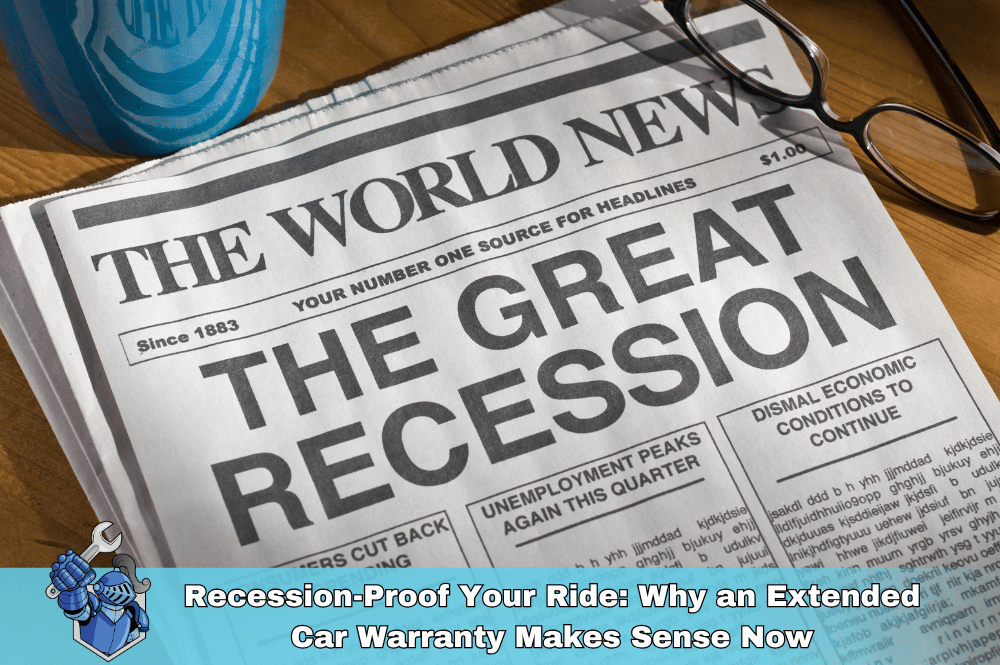 Recession-Proof Your Ride: Why an Extended Car Warranty Makes Sense Now
Recession-Proof Your Ride: Why an Extended Car Warranty Makes Sense Now RV Road Trip Ready: Secure Your Adventures with Extended Warranty Coverage
RV Road Trip Ready: Secure Your Adventures with Extended Warranty Coverage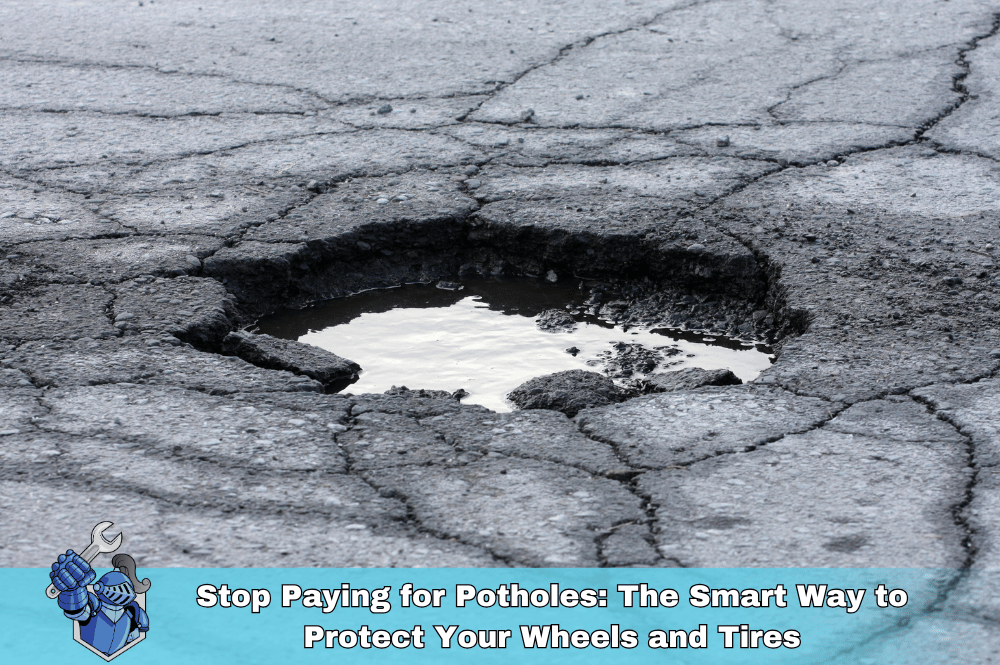 Stop Paying for Potholes: The Smart Way to Protect Your Wheels and Tires
Stop Paying for Potholes: The Smart Way to Protect Your Wheels and Tires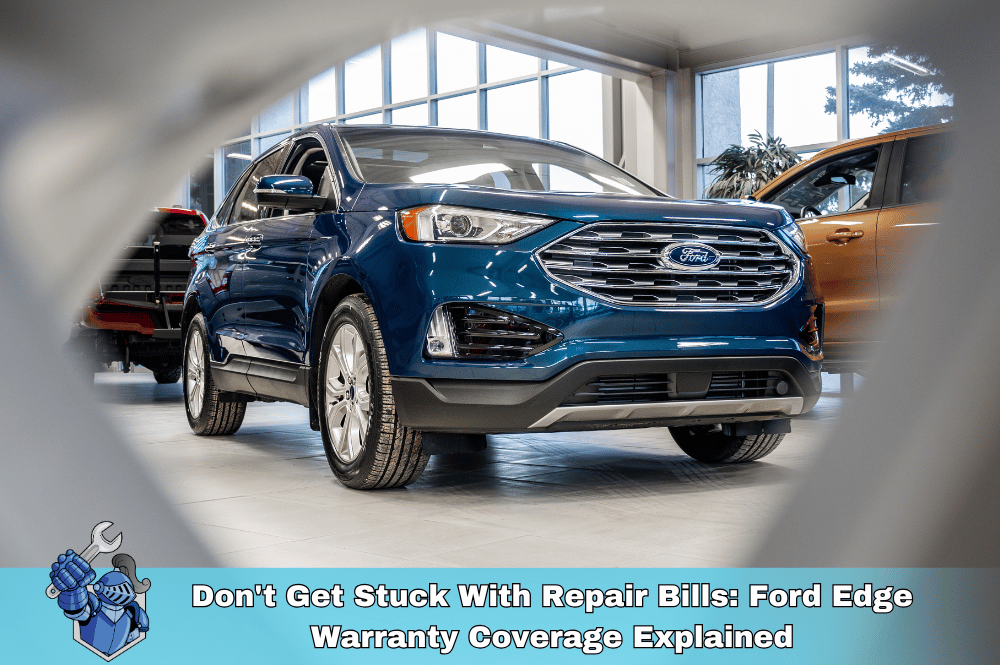 Don’t Get Stuck With Repair Bills: Ford Edge Warranty Coverage Explained
Don’t Get Stuck With Repair Bills: Ford Edge Warranty Coverage Explained Navigating the Online Vehicle Marketplace: Your Comprehensive Guide to Finding the Perfect Car or Truck
Navigating the Online Vehicle Marketplace: Your Comprehensive Guide to Finding the Perfect Car or Truck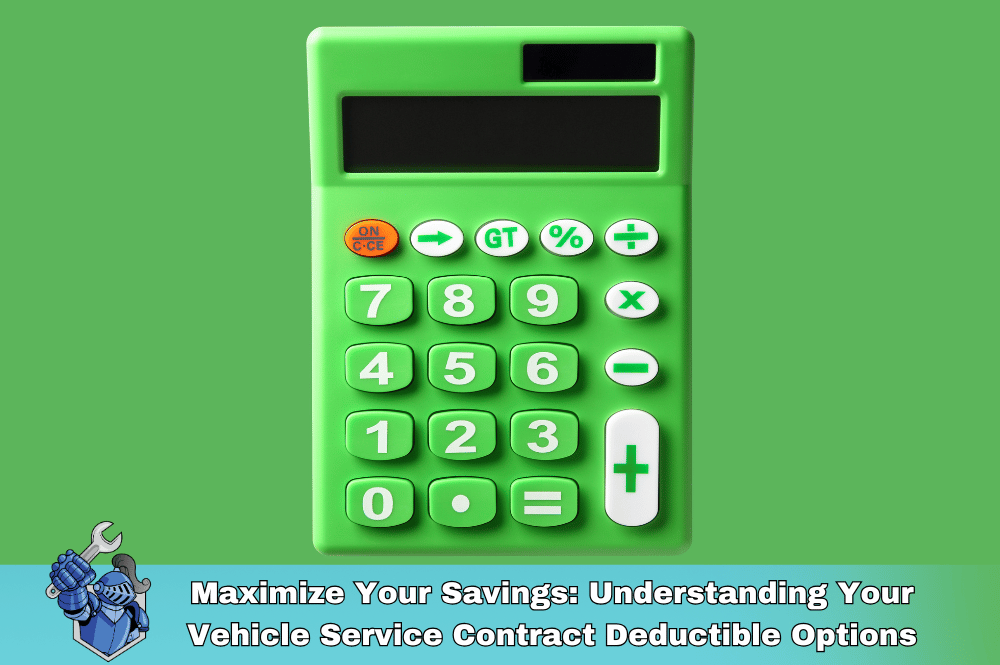 Maximize Your Savings: Understanding Your Vehicle Service Contract Deductible Options
Maximize Your Savings: Understanding Your Vehicle Service Contract Deductible Options Vehicle Service Contracts for SUVs and Trucks: Protecting Your Investment
Vehicle Service Contracts for SUVs and Trucks: Protecting Your Investment What to Do If Your Vehicle Service Contract Claim Is Denied
What to Do If Your Vehicle Service Contract Claim Is Denied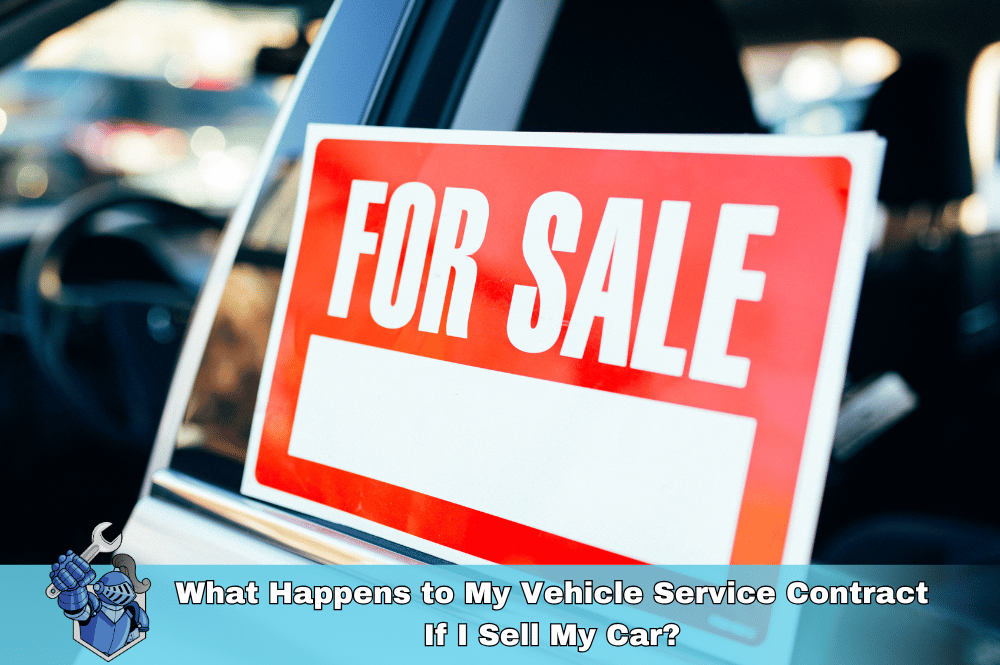 What Happens to My Vehicle Service Contract If I Sell My Car?
What Happens to My Vehicle Service Contract If I Sell My Car? Extended Car Warranty with Active Factory Coverage: Smart Move or Waste of Money?
Extended Car Warranty with Active Factory Coverage: Smart Move or Waste of Money?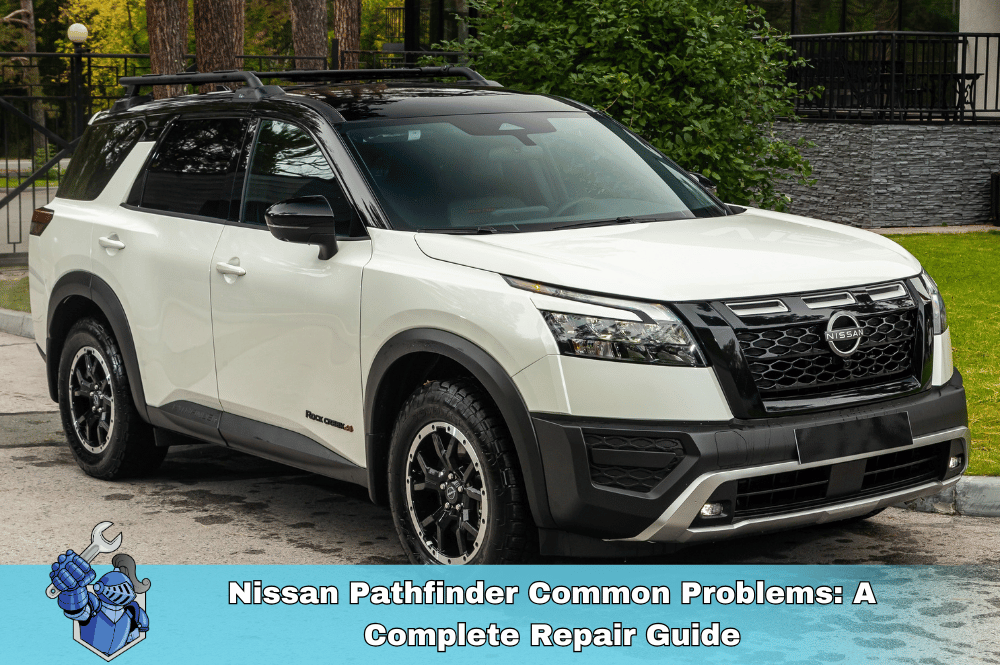 Nissan Pathfinder Common Problems: A Complete Repair Guide
Nissan Pathfinder Common Problems: A Complete Repair Guide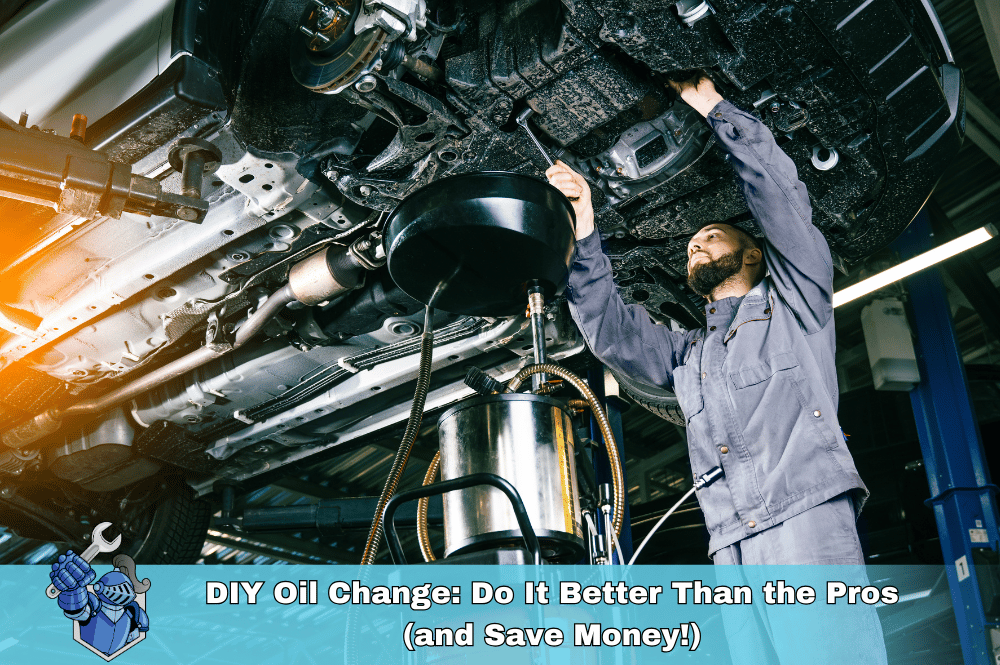 DIY Oil Change: Do It Better Than the Pros (and Save Money!)
DIY Oil Change: Do It Better Than the Pros (and Save Money!) Keeping vs. Selling: Weighing Your Car Options & the Value of an Extended Car Warranty
Keeping vs. Selling: Weighing Your Car Options & the Value of an Extended Car Warranty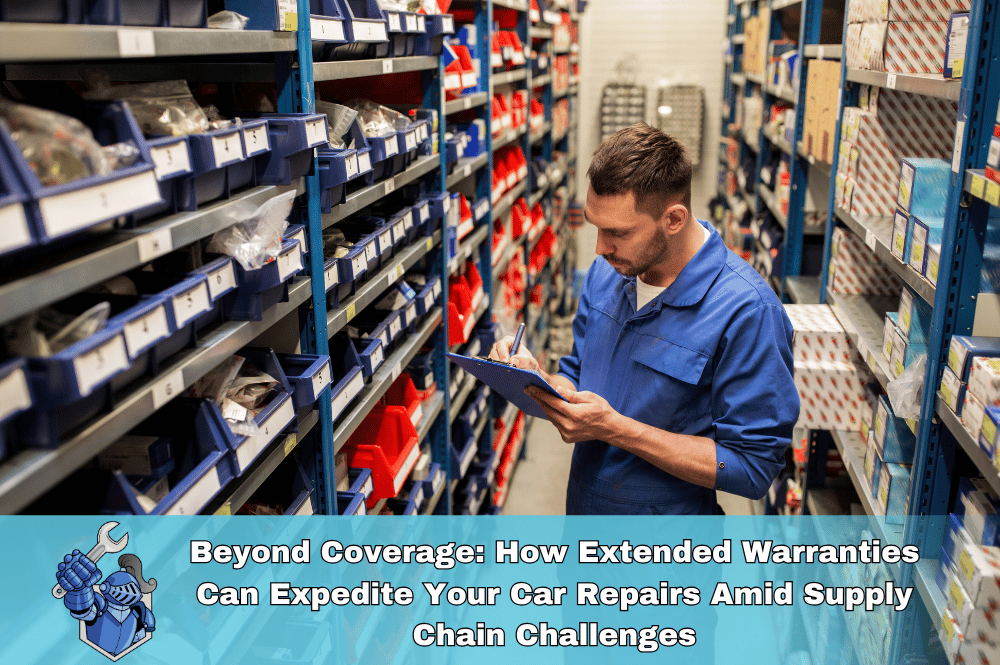 Beyond Coverage: How Extended Warranties Can Expedite Your Car Repairs Amid Supply Chain Challenges
Beyond Coverage: How Extended Warranties Can Expedite Your Car Repairs Amid Supply Chain Challenges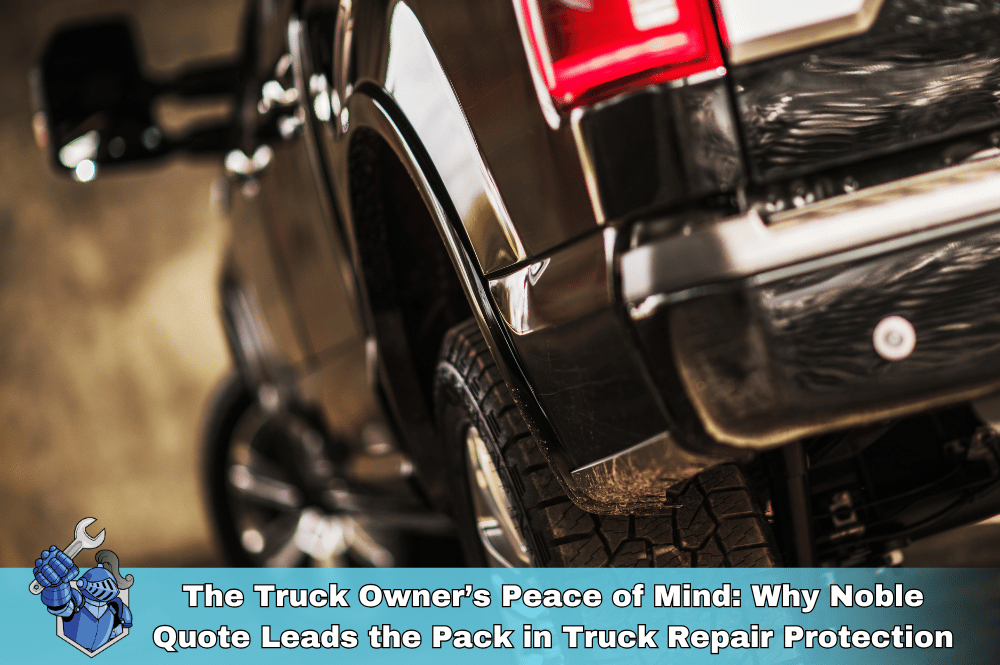 The Truck Owner’s Peace of Mind: Why Noble Quote Leads the Pack in Truck Repair Protection
The Truck Owner’s Peace of Mind: Why Noble Quote Leads the Pack in Truck Repair Protection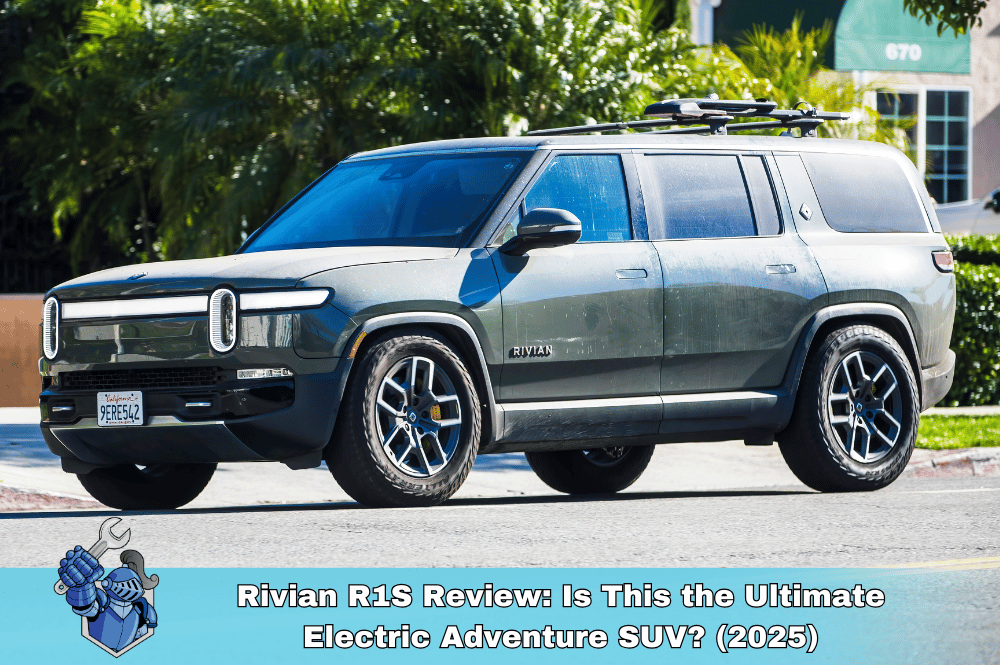 Rivian R1S Review: Is This the Ultimate Electric Adventure SUV? (2025)
Rivian R1S Review: Is This the Ultimate Electric Adventure SUV? (2025)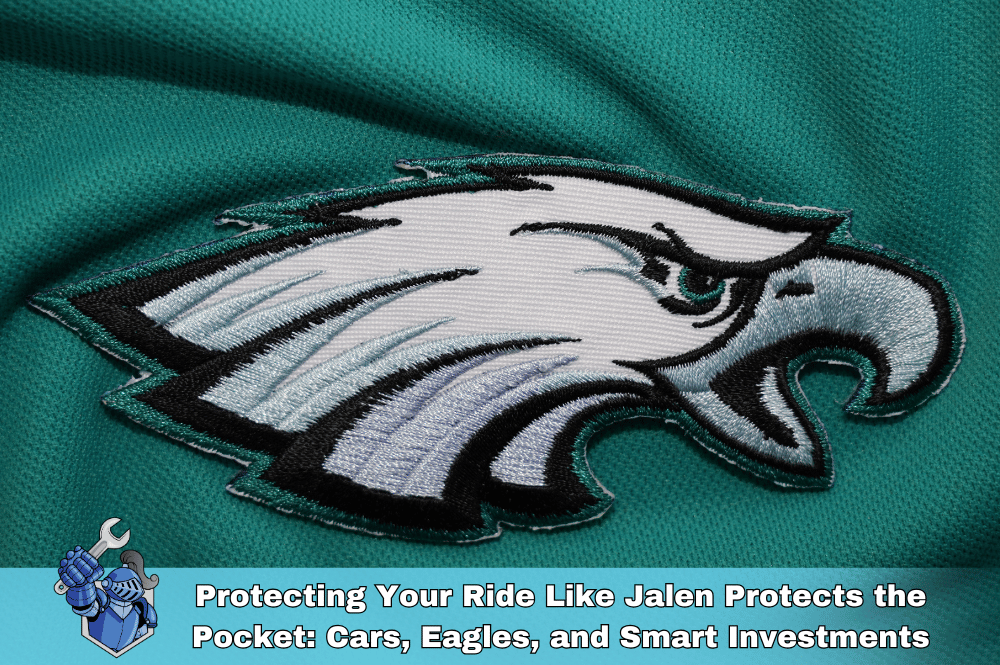 Protecting Your Ride Like Jalen Protects the Pocket: Cars, Eagles, and Smart Investments
Protecting Your Ride Like Jalen Protects the Pocket: Cars, Eagles, and Smart Investments Noble Quote: Driving with Confidence, Protected from Unexpected Repairs
Noble Quote: Driving with Confidence, Protected from Unexpected Repairs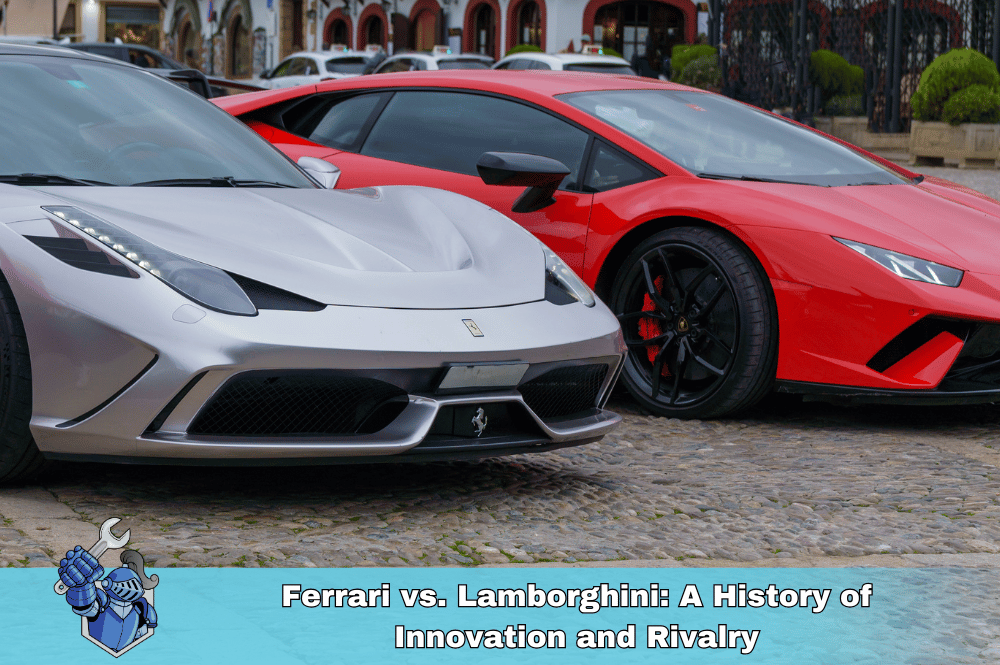 Ferrari vs. Lamborghini: A History of Innovation and Rivalry
Ferrari vs. Lamborghini: A History of Innovation and Rivalry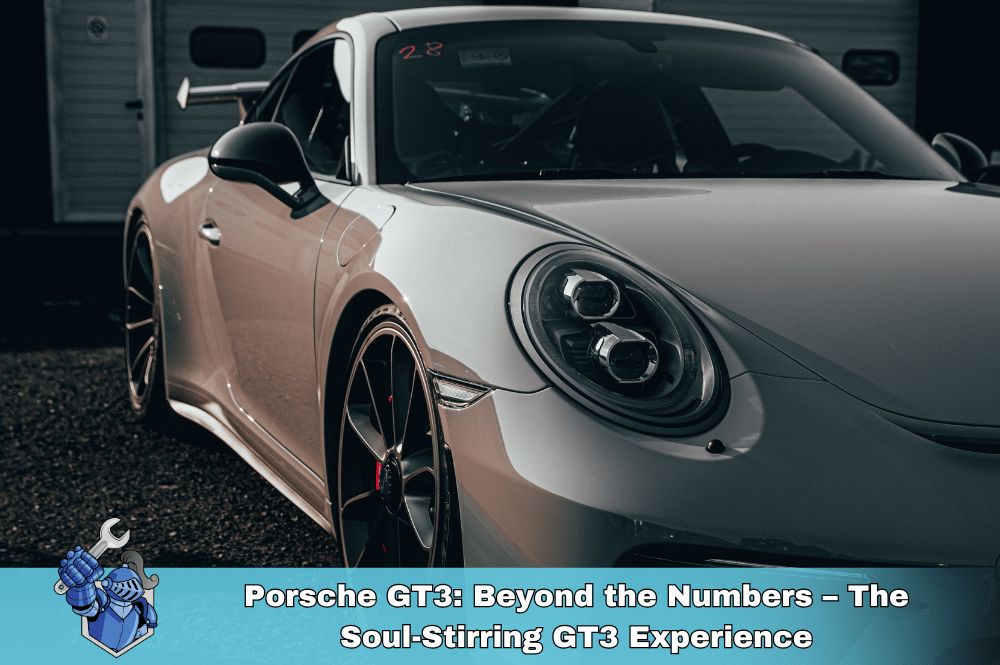 Porsche GT3: Beyond the Numbers – The Soul-Stirring GT3 Experience
Porsche GT3: Beyond the Numbers – The Soul-Stirring GT3 Experience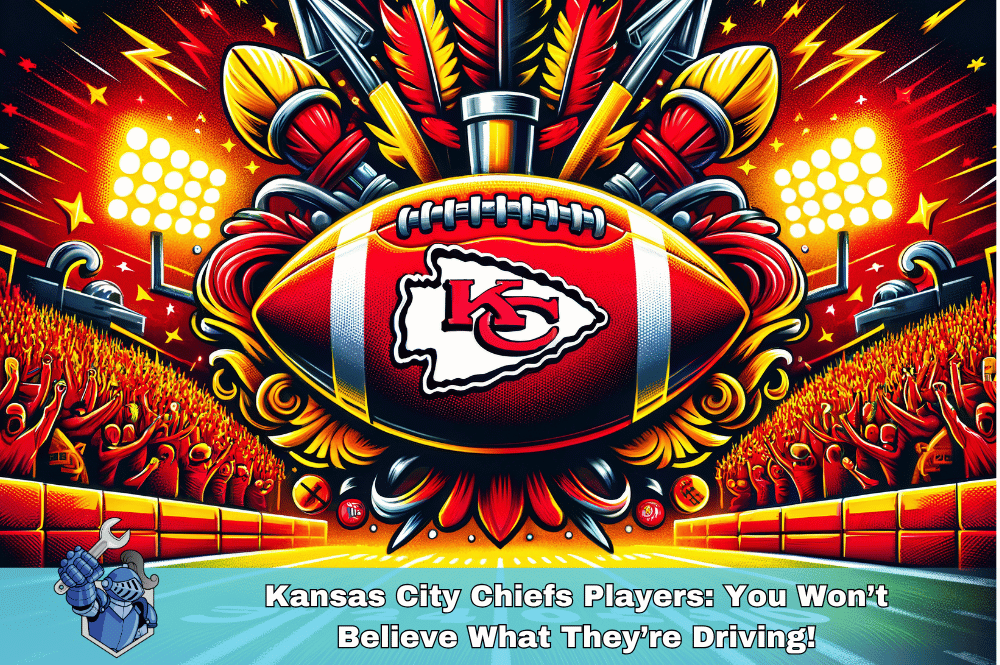 Kansas City Chiefs Players: You Won’t Believe What They’re Driving!
Kansas City Chiefs Players: You Won’t Believe What They’re Driving!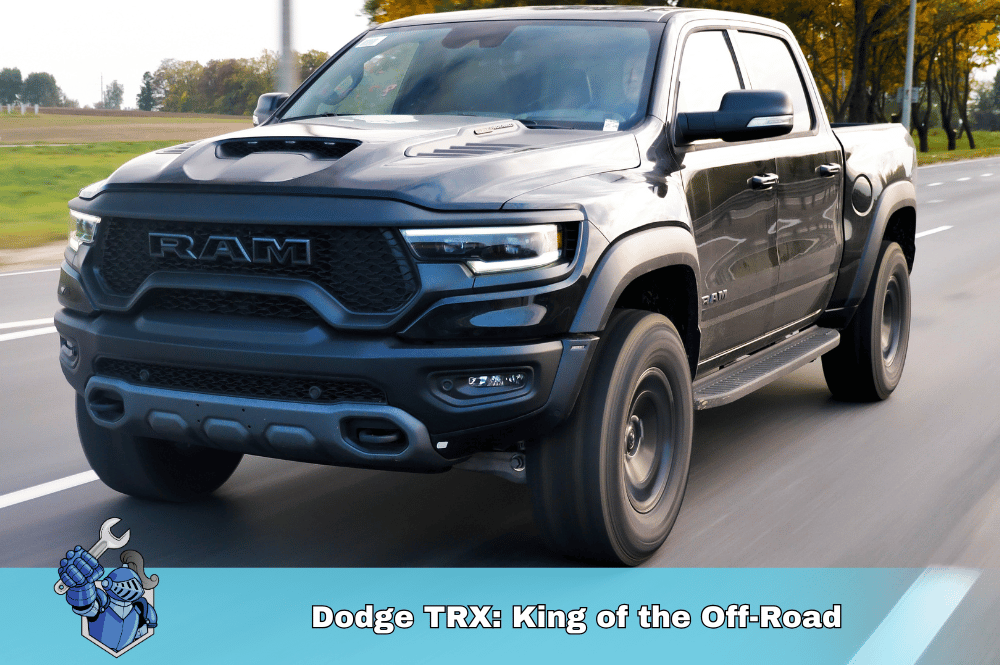 Dodge TRX: King of the Off-Road
Dodge TRX: King of the Off-Road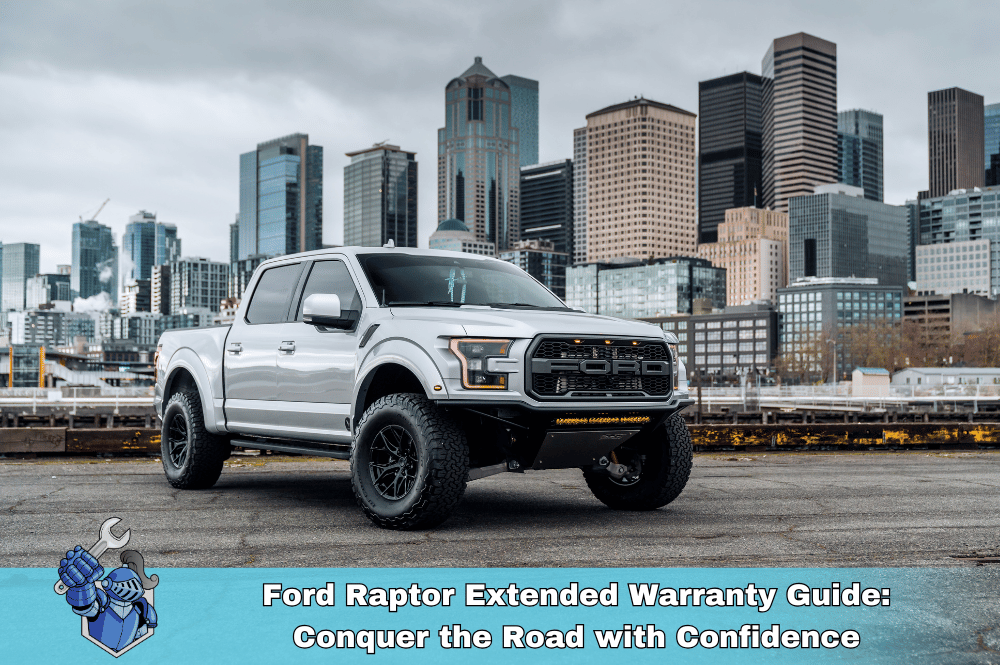 Ford Raptor Extended Warranty Guide: Conquer the Road with Confidence
Ford Raptor Extended Warranty Guide: Conquer the Road with Confidence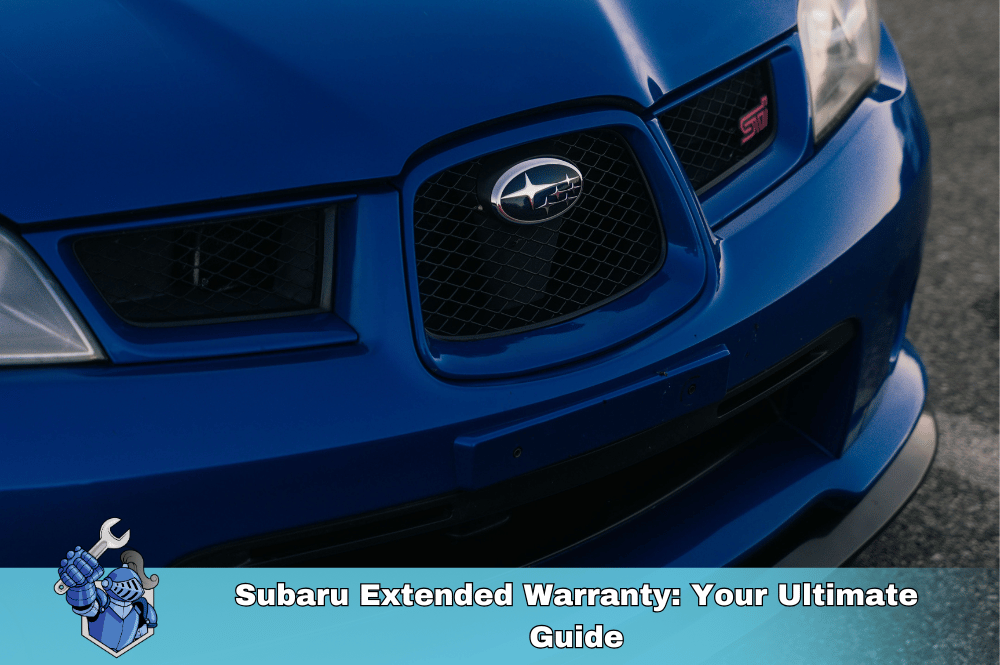 Subaru Extended Warranty: Your Ultimate Guide
Subaru Extended Warranty: Your Ultimate Guide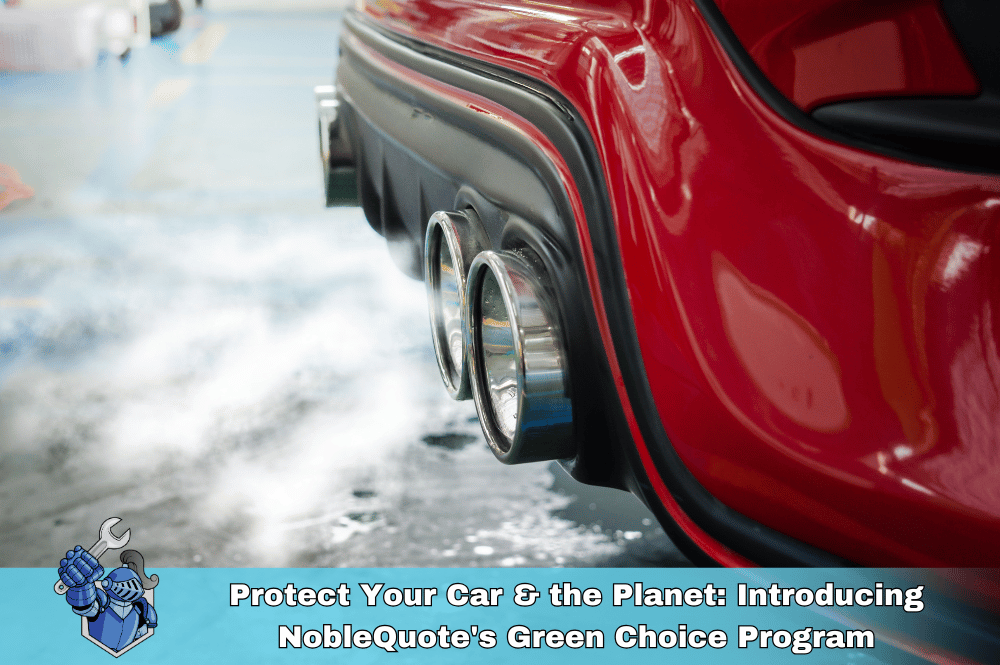 Protect Your Car & the Planet: Introducing NobleQuote's Green Choice Program
Protect Your Car & the Planet: Introducing NobleQuote's Green Choice Program Mazda Extended Warranty: Your Comprehensive Guide
Mazda Extended Warranty: Your Comprehensive Guide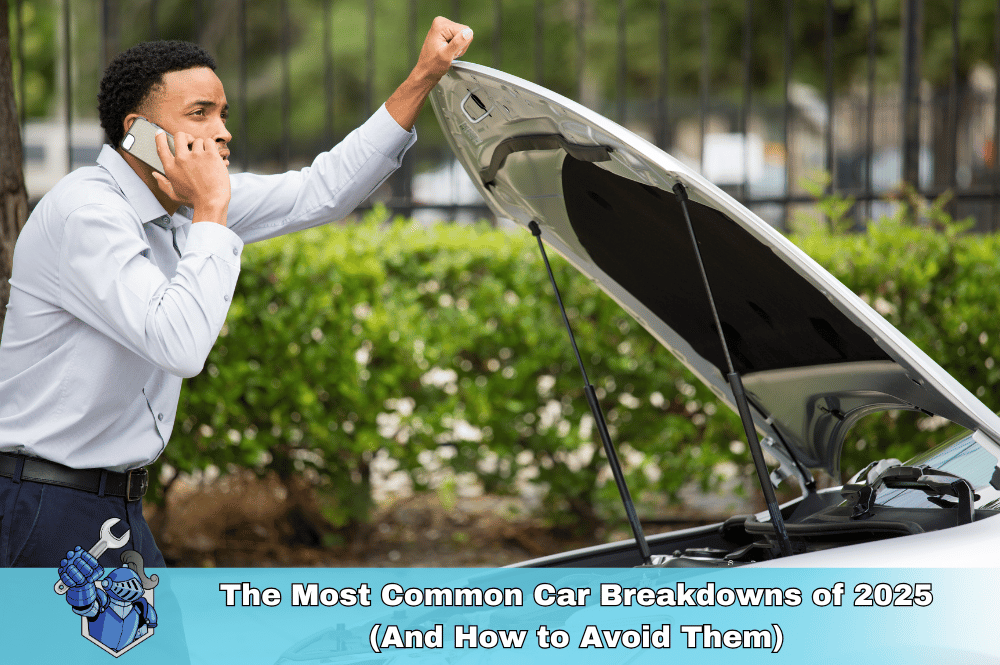 The Most Common Car Breakdowns of 2025 (And How to Avoid Them)
The Most Common Car Breakdowns of 2025 (And How to Avoid Them) Supercar Dreams on a Budget: The Most Affordable Exotics for First-Time Buyers
Supercar Dreams on a Budget: The Most Affordable Exotics for First-Time Buyers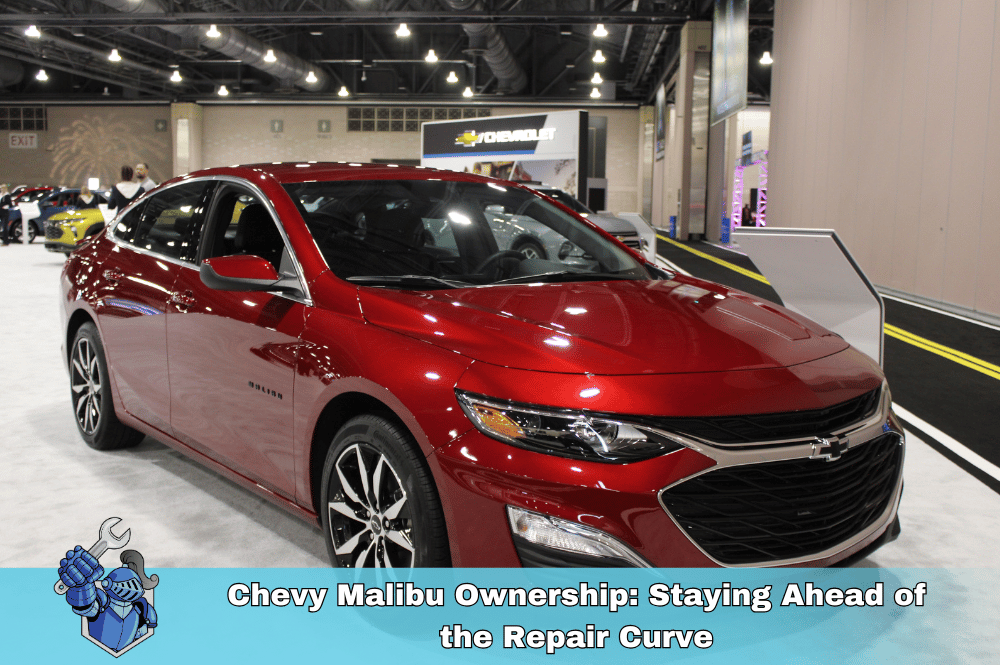 Chevy Malibu Ownership: Staying Ahead of the Repair Curve
Chevy Malibu Ownership: Staying Ahead of the Repair Curve Porsche Cayenne Engine Problems: What to Watch For
Porsche Cayenne Engine Problems: What to Watch For The Future of Racing: Electric Cars, Autonomous Vehicles, and Beyond
The Future of Racing: Electric Cars, Autonomous Vehicles, and Beyond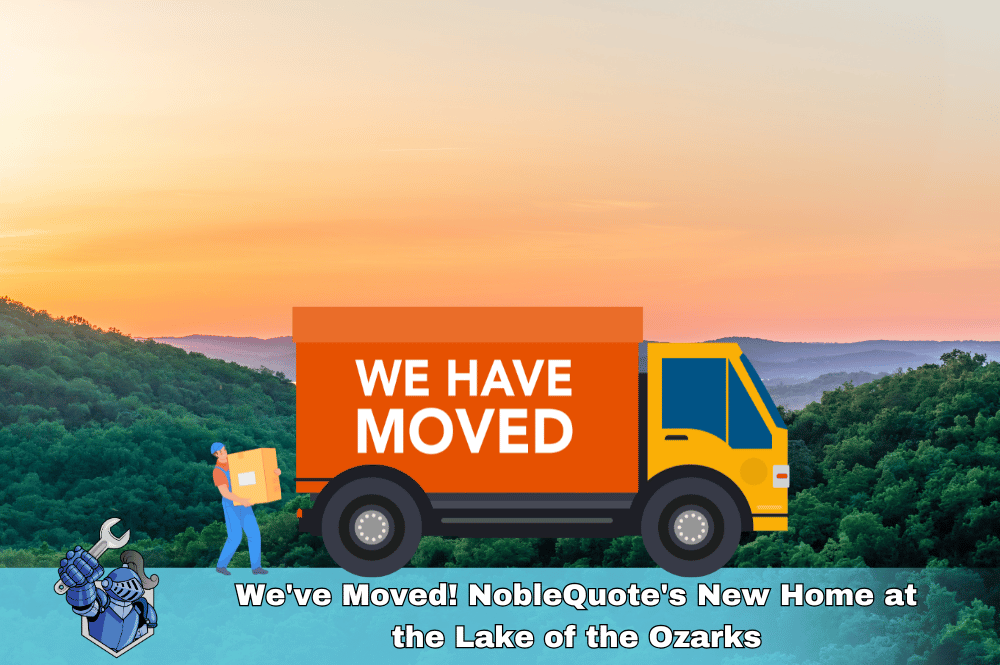 We've Moved! Noble Quote's New Home at the Lake of the Ozarks
We've Moved! Noble Quote's New Home at the Lake of the Ozarks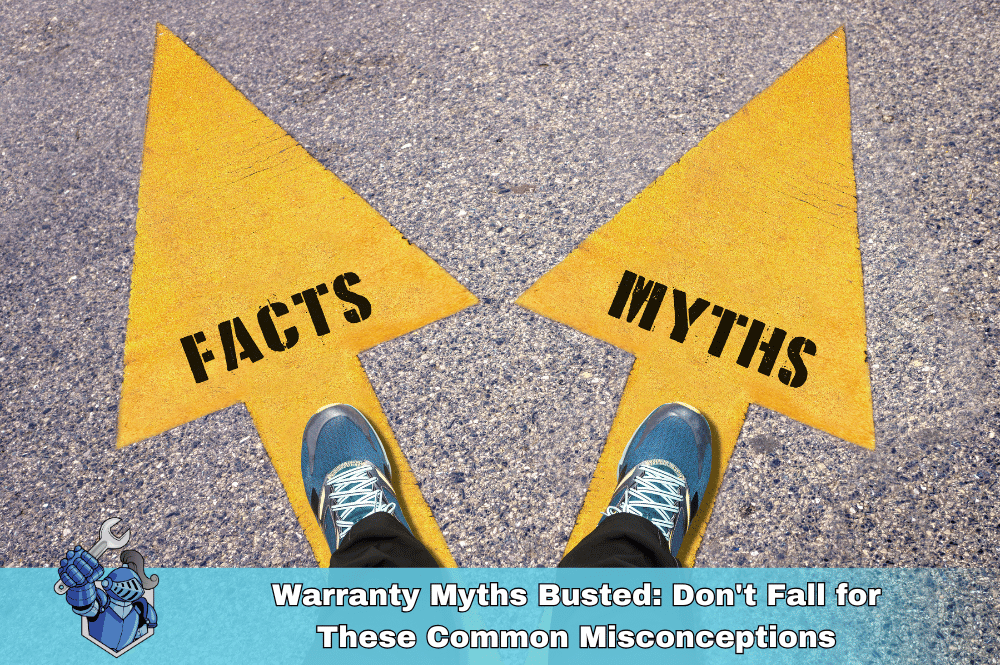 Warranty Myths Busted: Don't Fall for These Common Misconceptions
Warranty Myths Busted: Don't Fall for These Common Misconceptions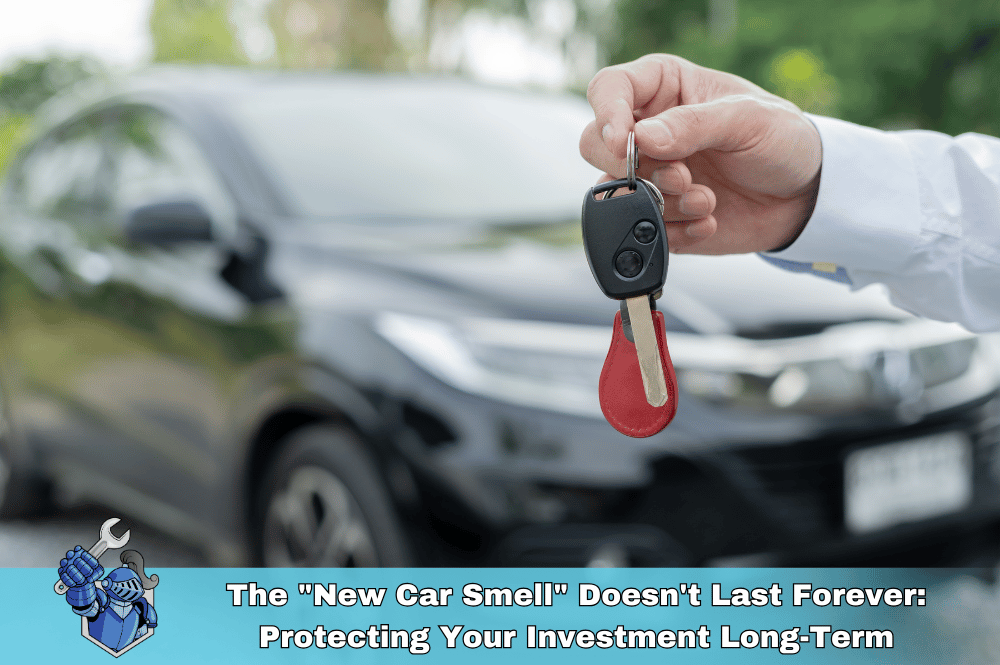 The "New Car Smell" Doesn't Last Forever: Protecting Your Investment Long-Term
The "New Car Smell" Doesn't Last Forever: Protecting Your Investment Long-Term If NASCAR Had Car Warranties: The Pit Stop Chaos You’d See
If NASCAR Had Car Warranties: The Pit Stop Chaos You’d See Forza: The Perfect Blend of Simulation and Arcade Fun
Forza: The Perfect Blend of Simulation and Arcade Fun The Greatest NASCAR Rivalries of All Time: On-Track Battles and Off-Track Drama
The Greatest NASCAR Rivalries of All Time: On-Track Battles and Off-Track Drama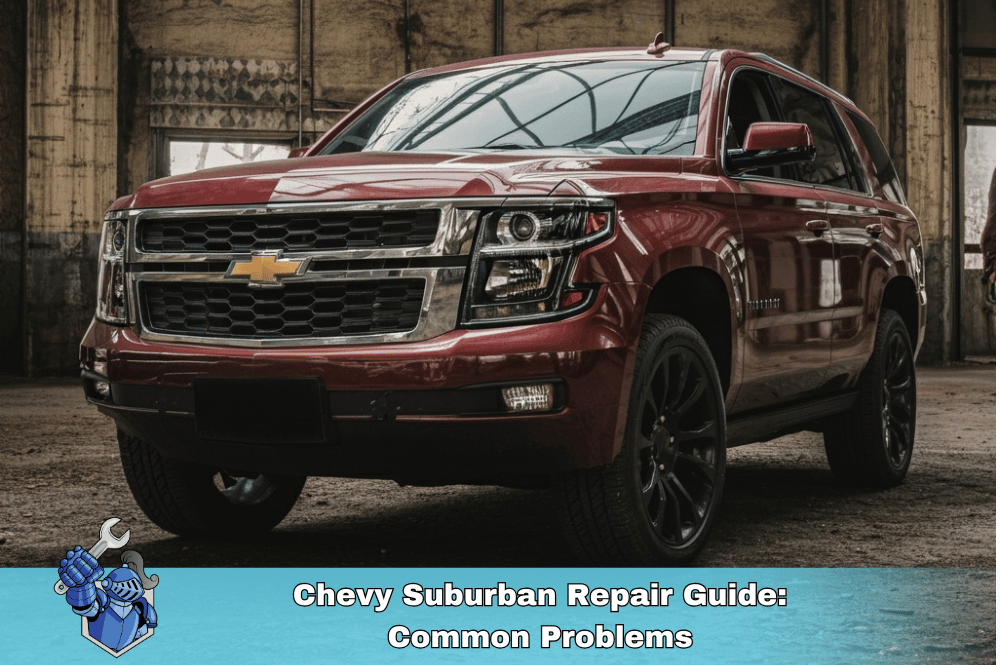 Chevy Suburban Repair Guide: Common Problems
Chevy Suburban Repair Guide: Common Problems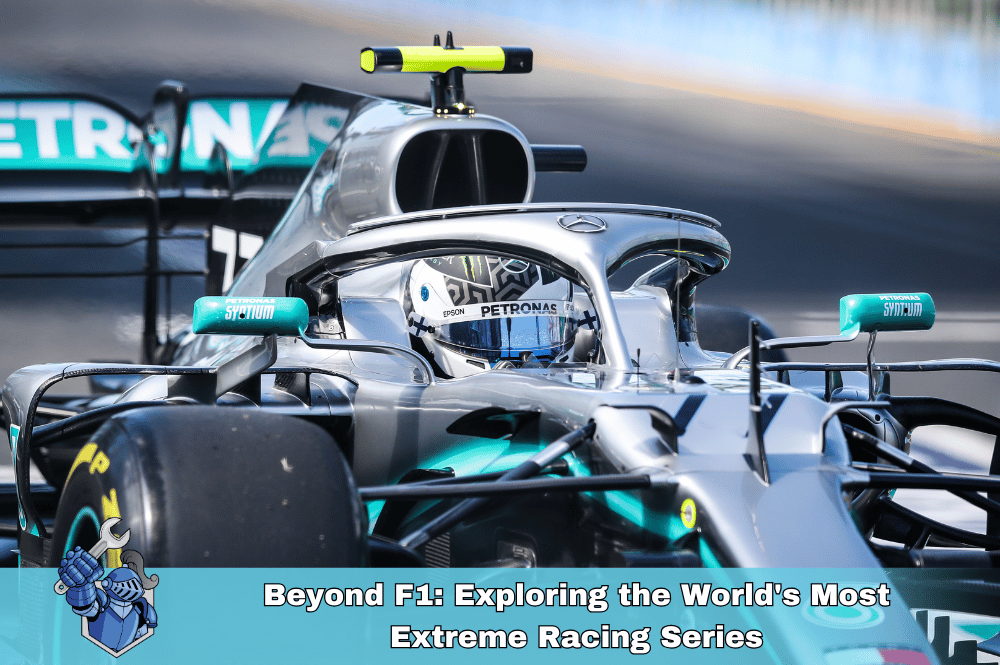 Beyond F1: Exploring the World's Most Extreme Racing Series
Beyond F1: Exploring the World's Most Extreme Racing Series Cupid's Got Horsepower: Rev Up Your Valentine's Day!
Cupid's Got Horsepower: Rev Up Your Valentine's Day! 10 Things You Didn't Know About James Bond’s Aston Martin DB5
10 Things You Didn't Know About James Bond’s Aston Martin DB5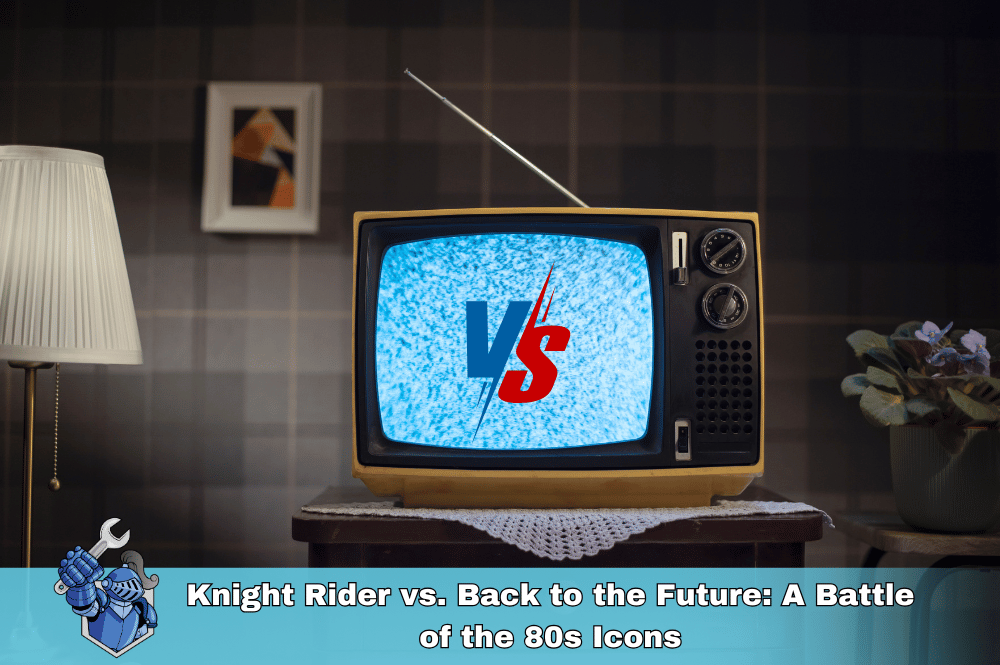 Knight Rider vs. Back to the Future: A Battle of the 80s Icons
Knight Rider vs. Back to the Future: A Battle of the 80s Icons Cadillac Escalade: Mastering the Maintenance
Cadillac Escalade: Mastering the Maintenance Best Extended Warranty for Your Ford: Noble Quote or Ford Protect?
Best Extended Warranty for Your Ford: Noble Quote or Ford Protect?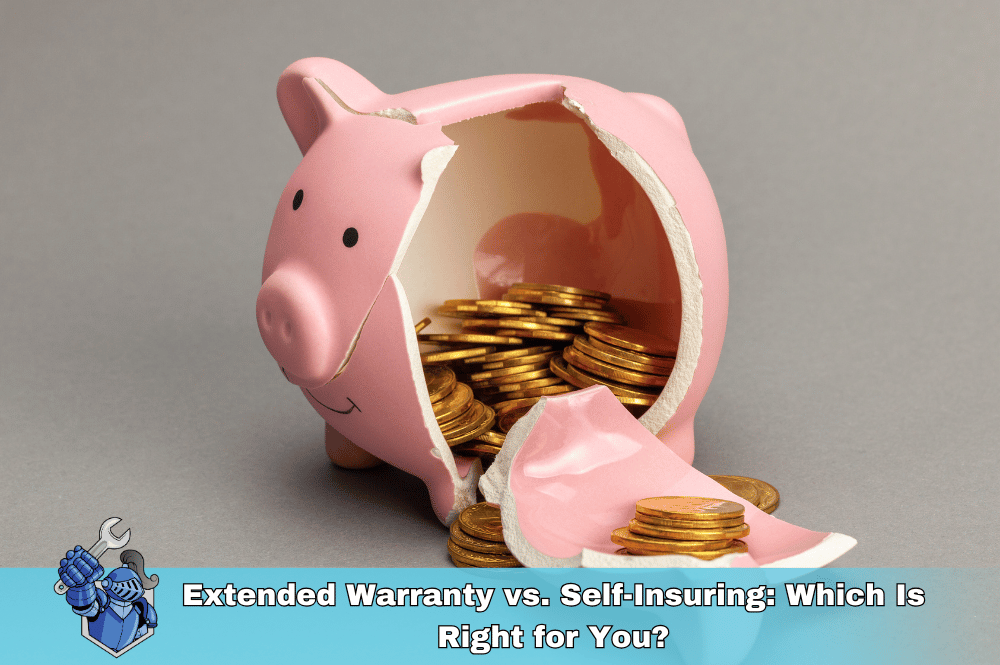 Extended Warranty vs. Self-Insuring: Which Is Right for You?
Extended Warranty vs. Self-Insuring: Which Is Right for You?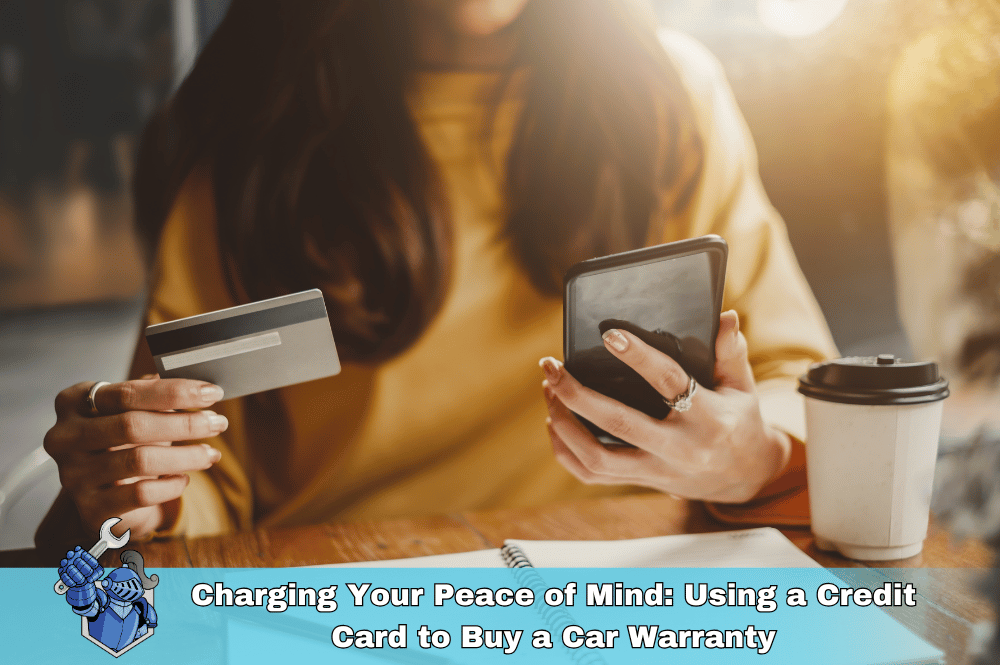 Charging Your Peace of Mind: Using a Credit Card to Buy a Car Warranty
Charging Your Peace of Mind: Using a Credit Card to Buy a Car Warranty Don’t Buy a Honda Warranty Before Reading This! Noble Quote vs. HondaCare
Don’t Buy a Honda Warranty Before Reading This! Noble Quote vs. HondaCare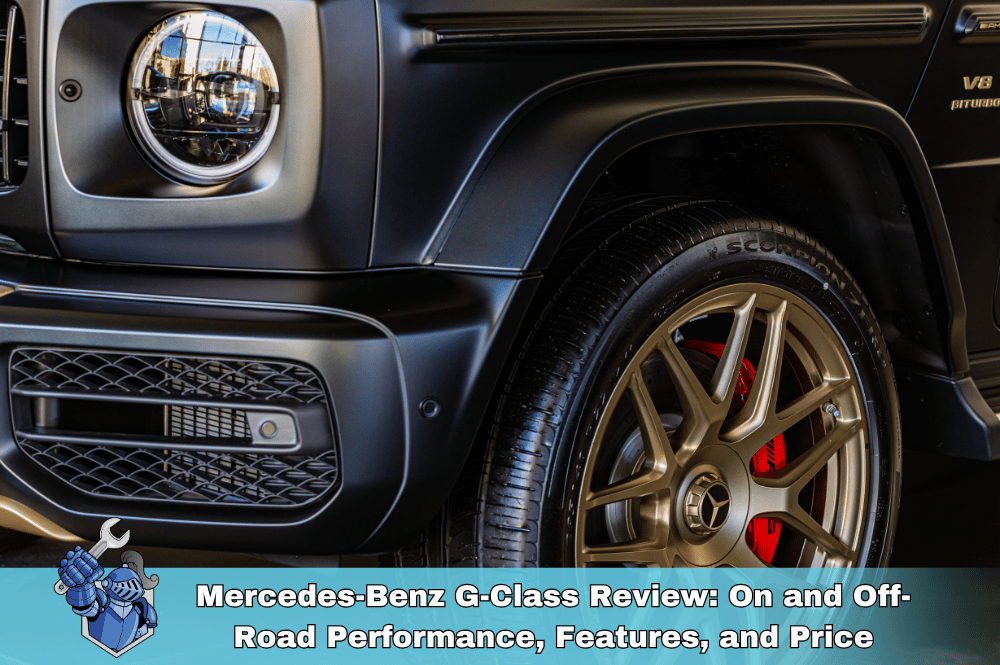 Mercedes-Benz G-Class Review: On and Off-Road Performance, Features, and Price
Mercedes-Benz G-Class Review: On and Off-Road Performance, Features, and Price Avoid Costly Repairs: Noble Quote vs. Ox Car Care Warranties
Avoid Costly Repairs: Noble Quote vs. Ox Car Care Warranties Affordable Protection: Noble Quote vs. Autopom Warranty Pricing
Affordable Protection: Noble Quote vs. Autopom Warranty Pricing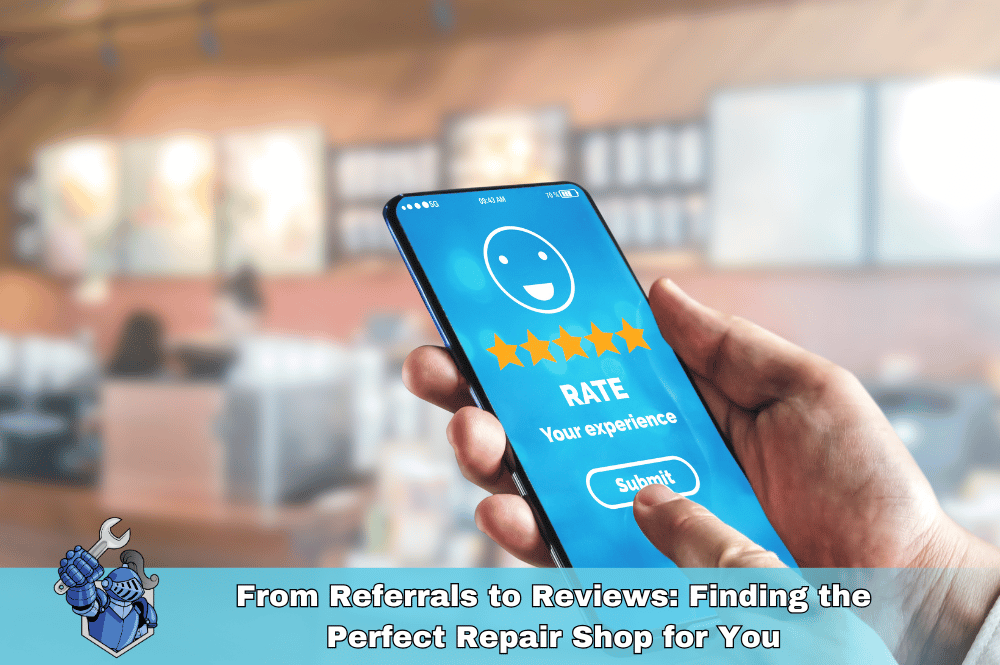 From Referrals to Reviews: Finding the Perfect Repair Shop for You
From Referrals to Reviews: Finding the Perfect Repair Shop for You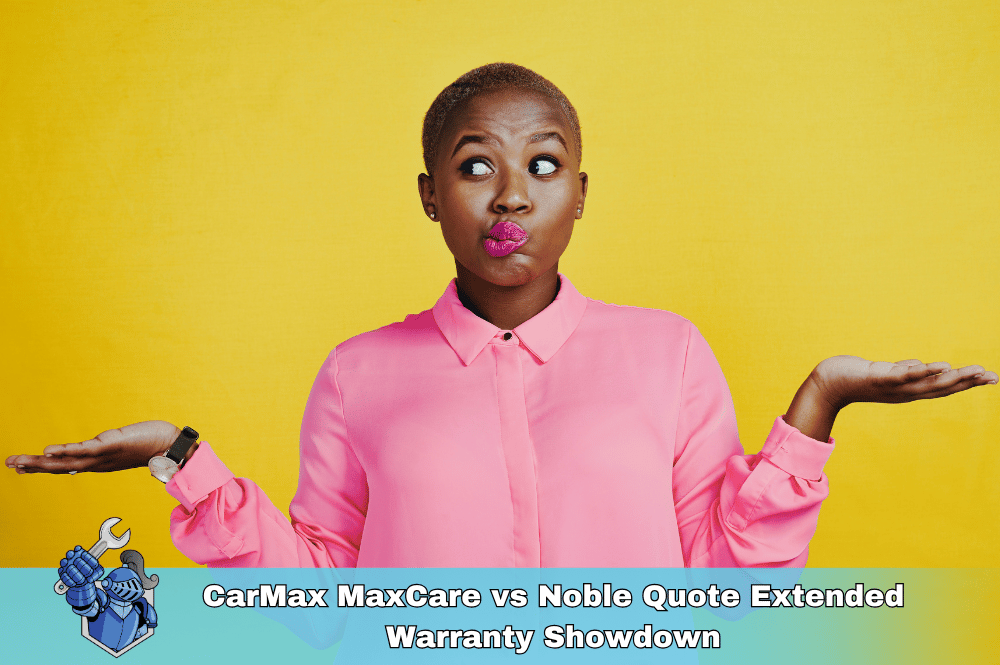 CarMax MaxCare vs. Noble Quote: Extended Warranty Showdown
CarMax MaxCare vs. Noble Quote: Extended Warranty Showdown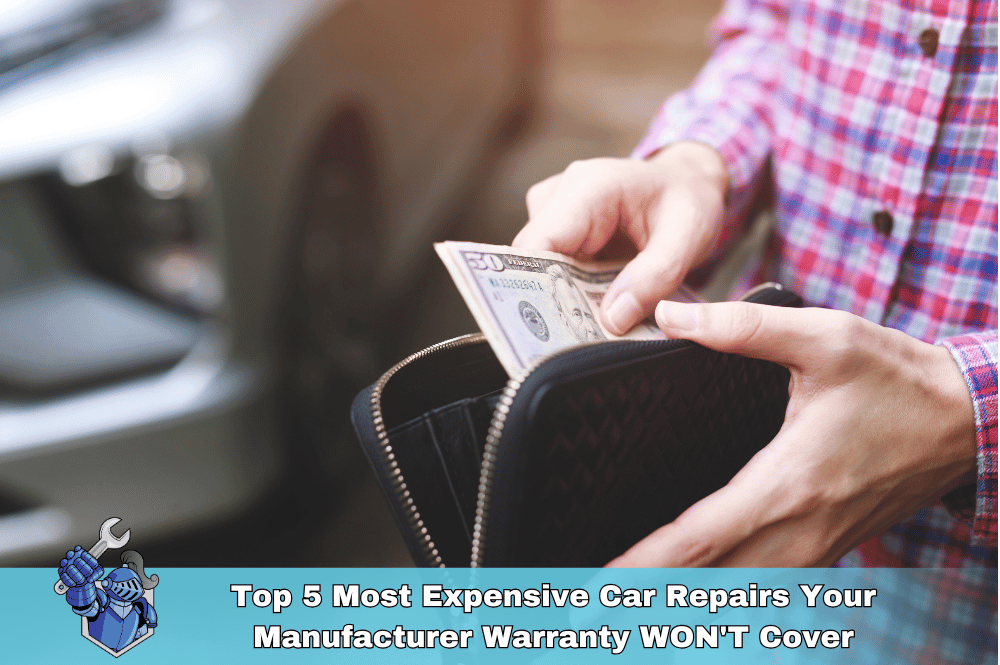 Top 5 Most Expensive Car Repairs Your Manufacturer Warranty WON'T Cover
Top 5 Most Expensive Car Repairs Your Manufacturer Warranty WON'T Cover Speaking Car: How to Clearly Communicate with Your Mechanic
Speaking Car: How to Clearly Communicate with Your Mechanic Selling Your Soul for an Extended Car Warranty (And Why They Keep Calling)
Selling Your Soul for an Extended Car Warranty (And Why They Keep Calling)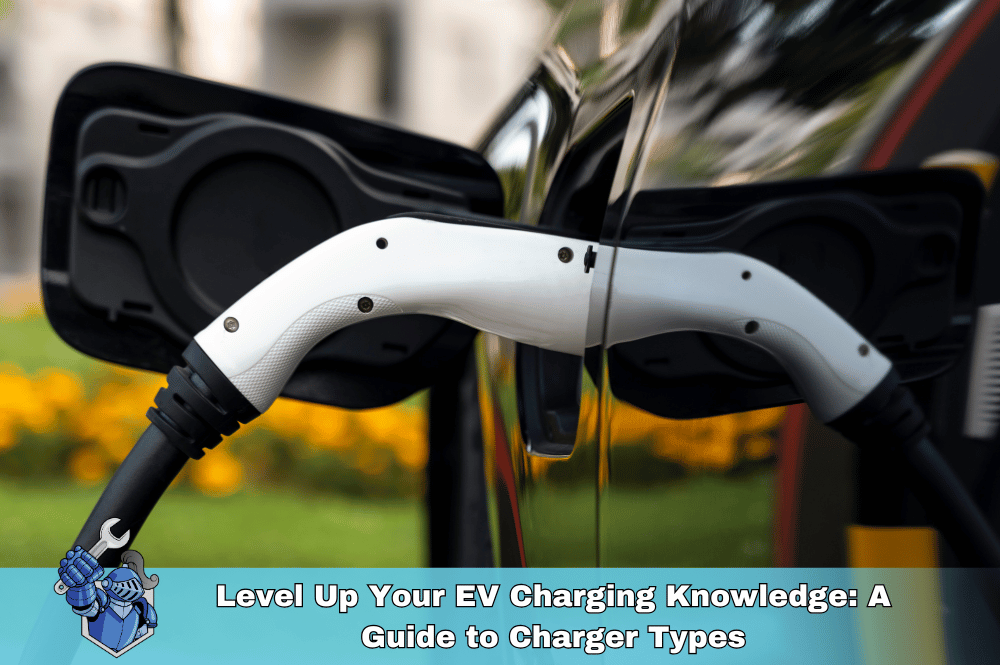 Level Up Your EV Charging Knowledge: A Guide to Charger Types
Level Up Your EV Charging Knowledge: A Guide to Charger Types Why Is My Car Heater Blowing Cold Air?
Why Is My Car Heater Blowing Cold Air?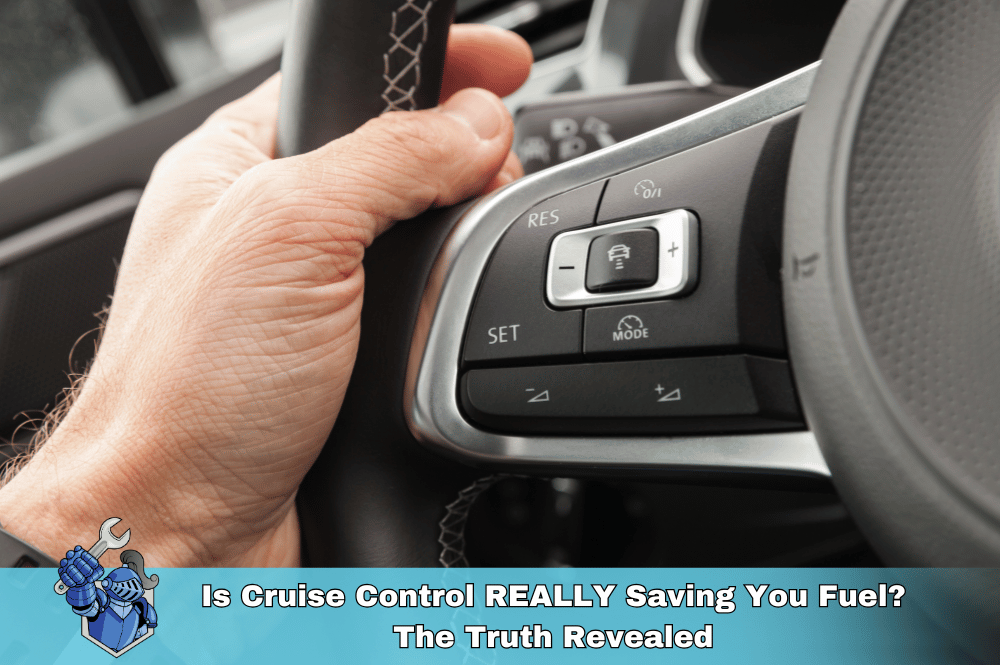 Is Cruise Control REALLY Saving You Fuel? The Truth Revealed
Is Cruise Control REALLY Saving You Fuel? The Truth Revealed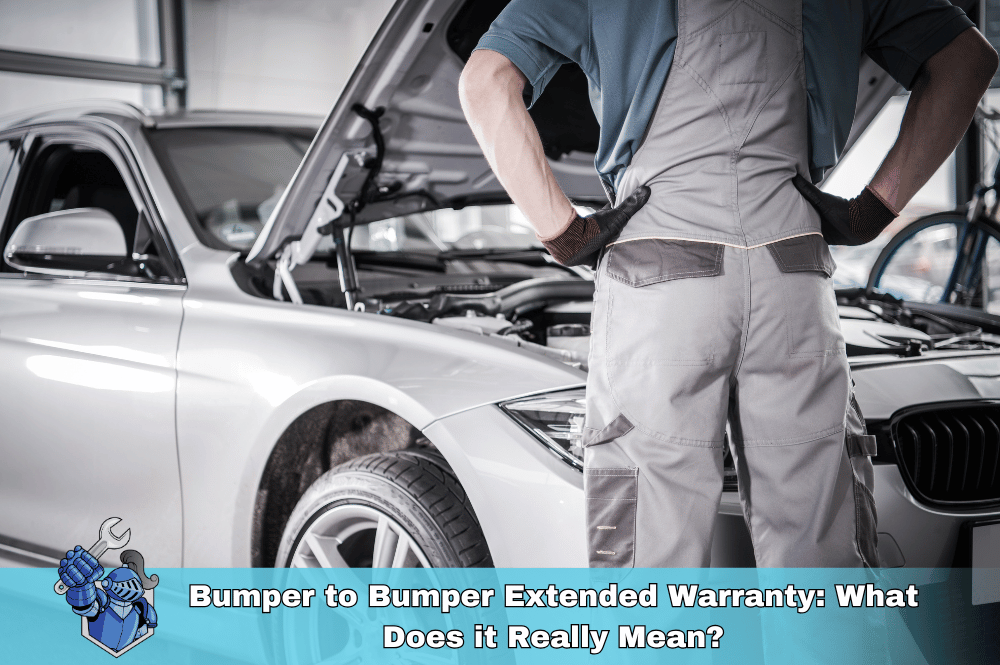 Bumper to Bumper Extended Warranty: What Does it Really Mean?
Bumper to Bumper Extended Warranty: What Does it Really Mean?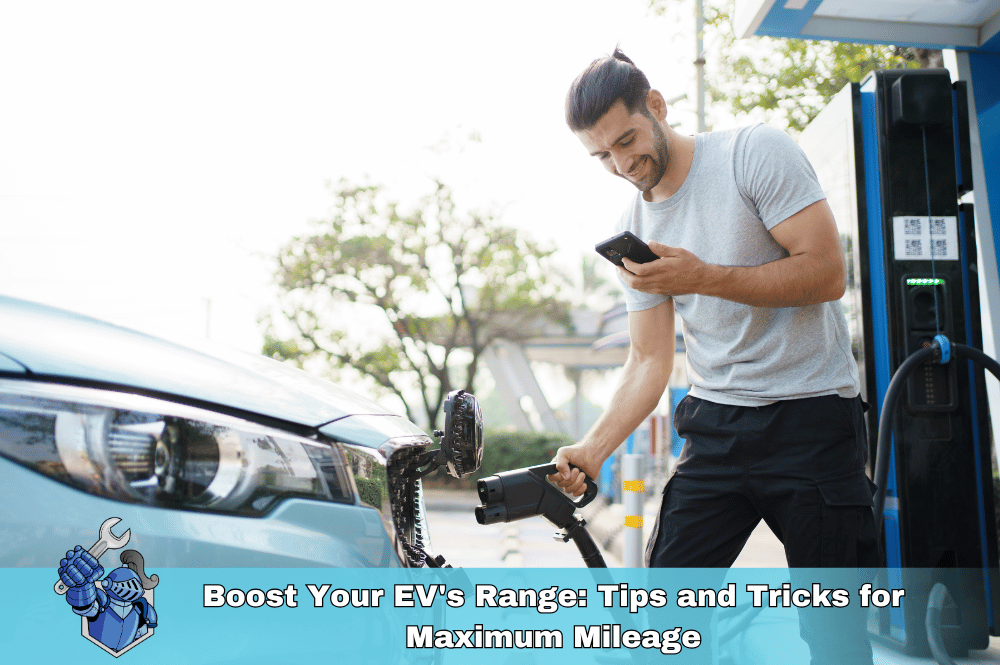 Boost Your EV's Range: Tips and Tricks for Maximum Mileage
Boost Your EV's Range: Tips and Tricks for Maximum Mileage What to Do When the Dealership Makes Warranty Cancellation a Hassle
What to Do When the Dealership Makes Warranty Cancellation a Hassle Why Can’t I Include My Warranty in My Car Financing? Answers to Your Top Questions
Why Can’t I Include My Warranty in My Car Financing? Answers to Your Top Questions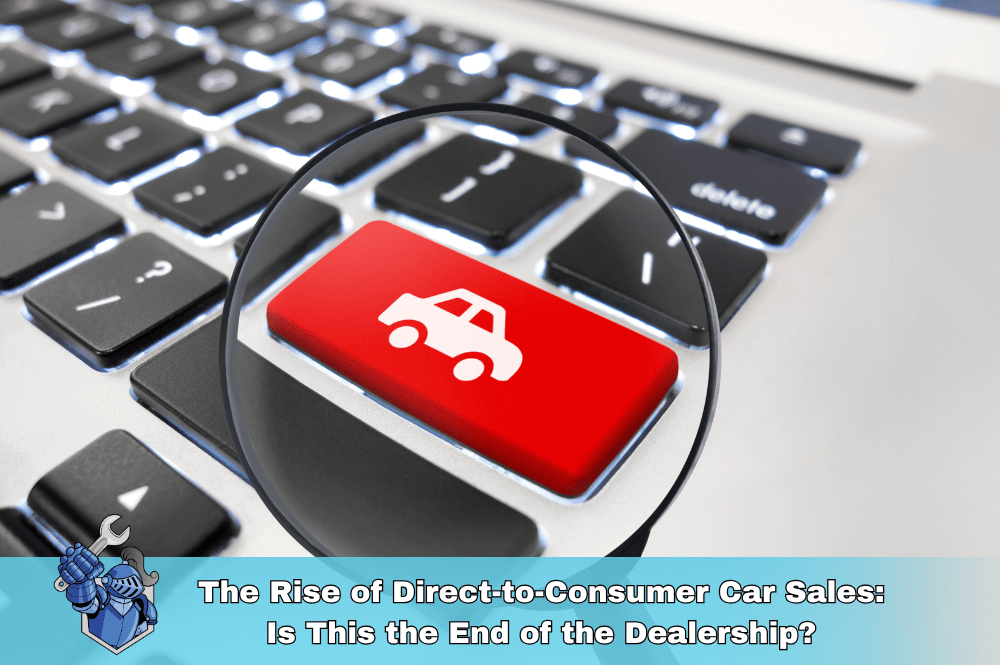 Skip the Dealership: The Rise of Online Car Buying
Skip the Dealership: The Rise of Online Car Buying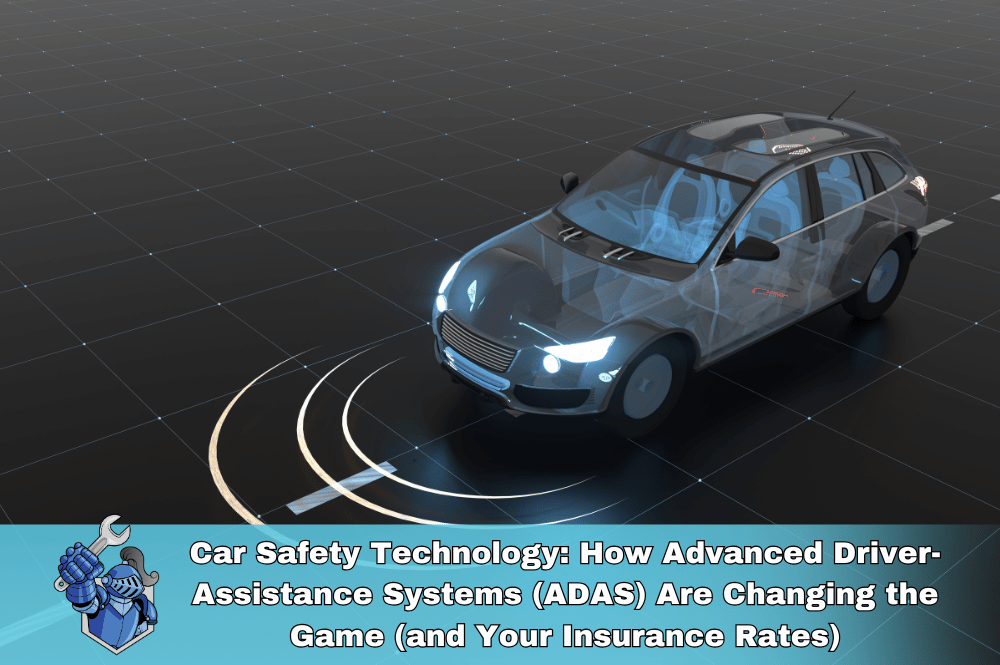 Car Safety Technology: How Advanced Driver-Assistance Systems (ADAS) Are Changing the Game (and Your Insurance Rates)
Car Safety Technology: How Advanced Driver-Assistance Systems (ADAS) Are Changing the Game (and Your Insurance Rates)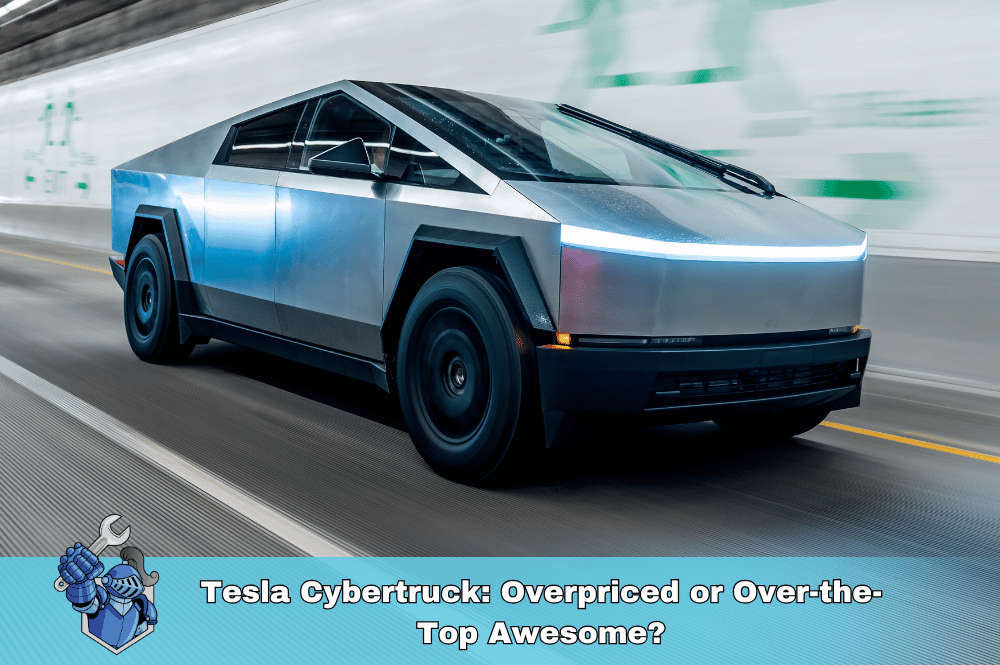 Tesla Cybertruck: Overpriced or Over-the-Top Awesome?
Tesla Cybertruck: Overpriced or Over-the-Top Awesome?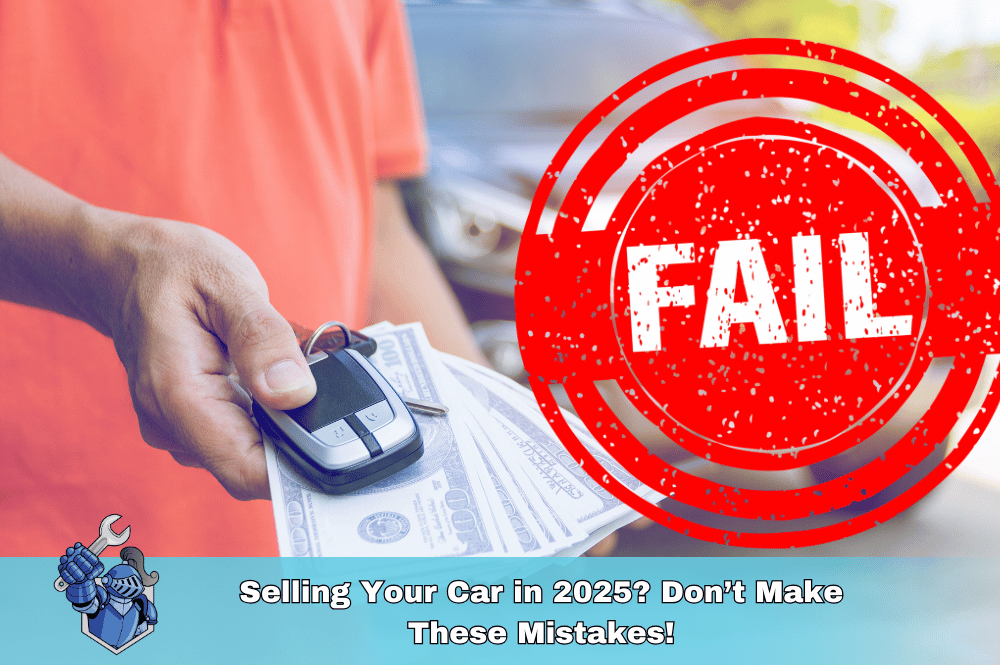 Selling Your Car in 2025? Don’t Make These Mistakes!
Selling Your Car in 2025? Don’t Make These Mistakes!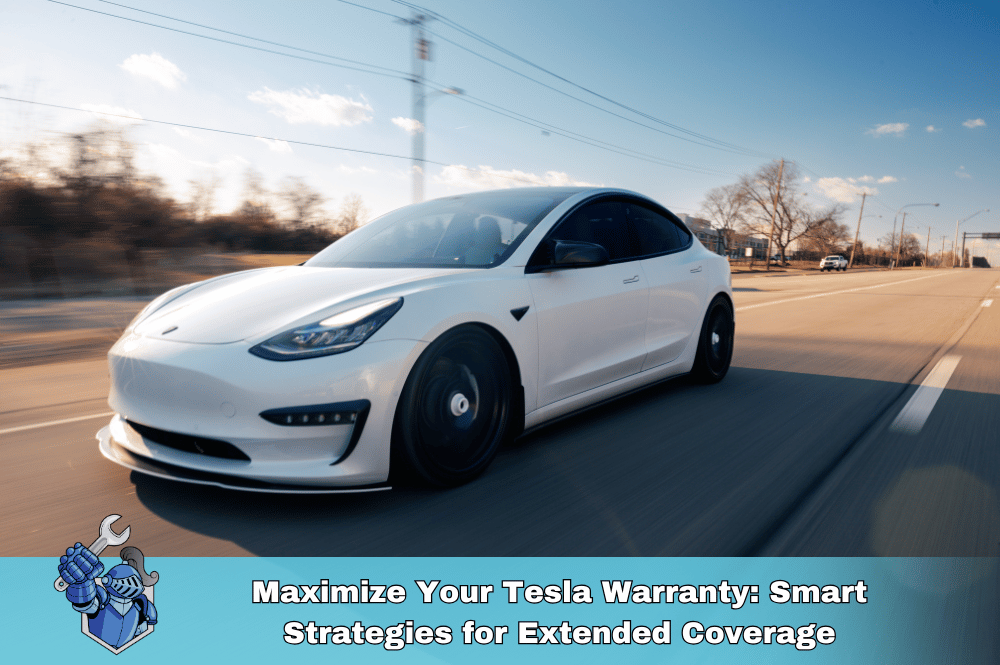 Maximize Your Tesla Warranty: Smart Strategies for Extended Coverage
Maximize Your Tesla Warranty: Smart Strategies for Extended Coverage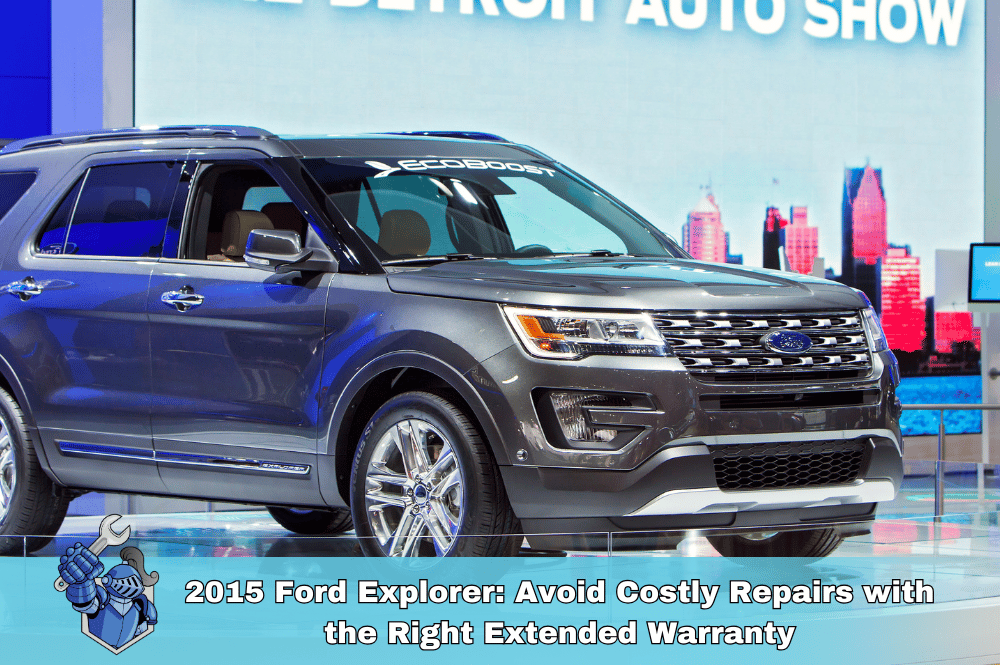 2015 Ford Explorer: Avoid Costly Repairs with the Right Extended Warranty
2015 Ford Explorer: Avoid Costly Repairs with the Right Extended Warranty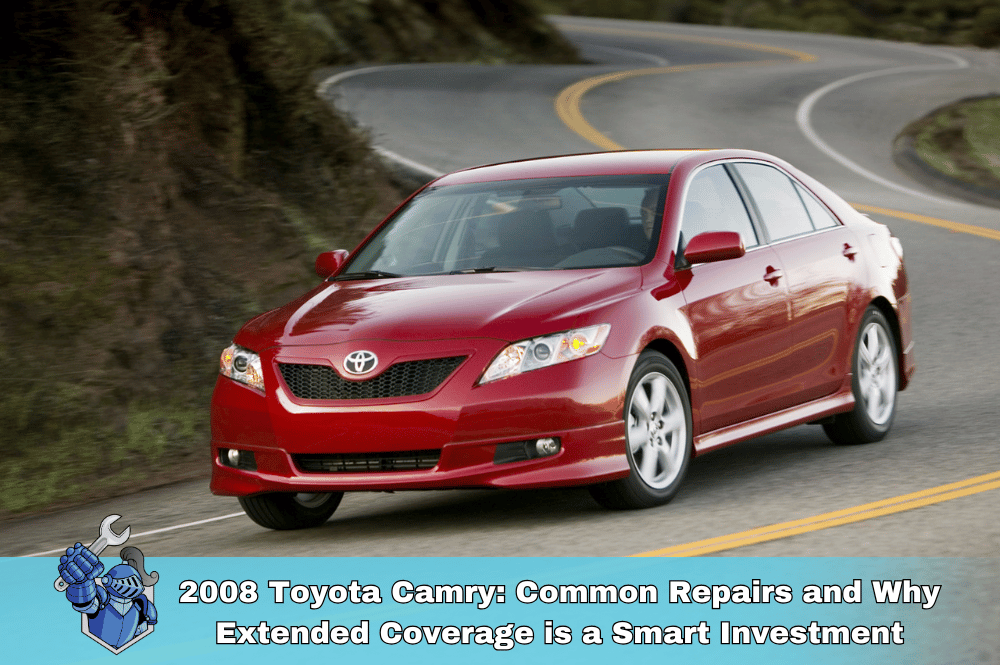 2008 Toyota Camry: Common Repairs and Why Extended Coverage is a Smart Investment
2008 Toyota Camry: Common Repairs and Why Extended Coverage is a Smart Investment Electric Vehicles 101: What You Need to Know Before Making the Switch
Electric Vehicles 101: What You Need to Know Before Making the Switch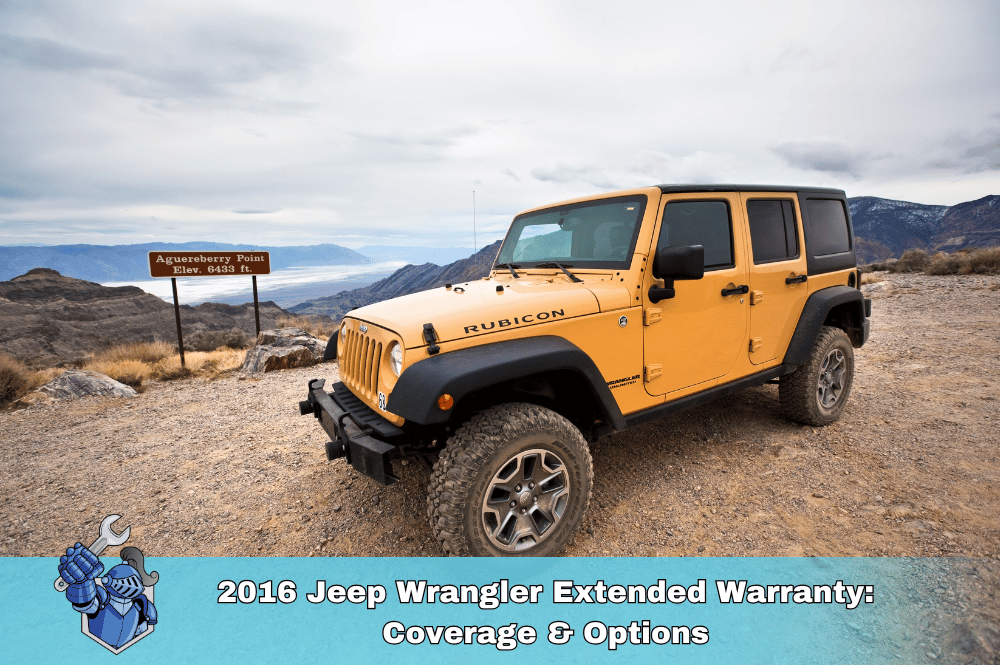 2016 Jeep Wrangler Extended Warranty: Coverage & Options
2016 Jeep Wrangler Extended Warranty: Coverage & Options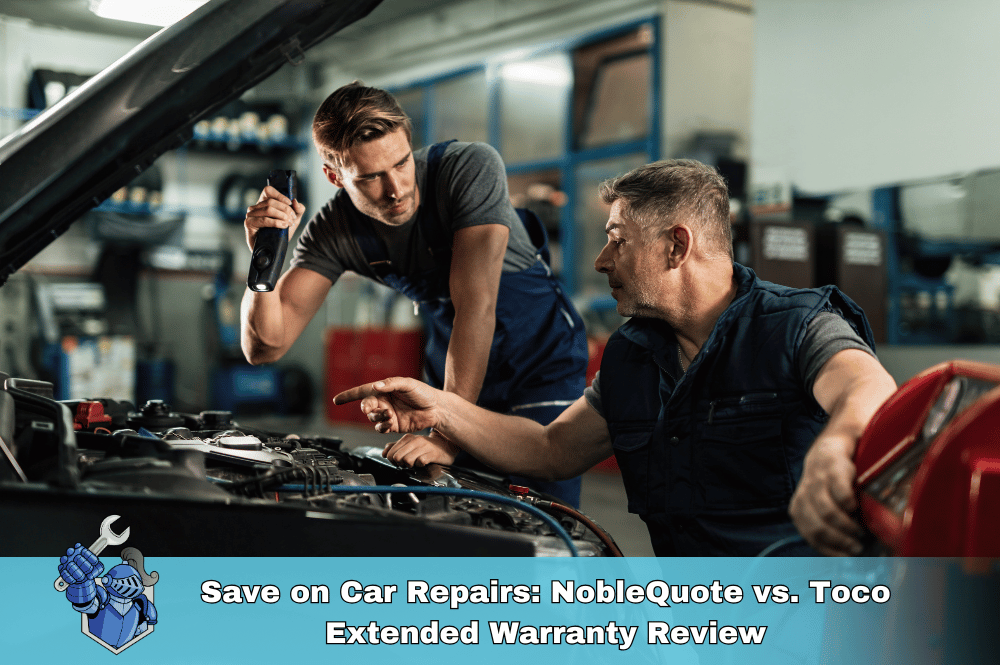 Save on Car Repairs: NobleQuote vs. Toco Extended Warranty Review
Save on Car Repairs: NobleQuote vs. Toco Extended Warranty Review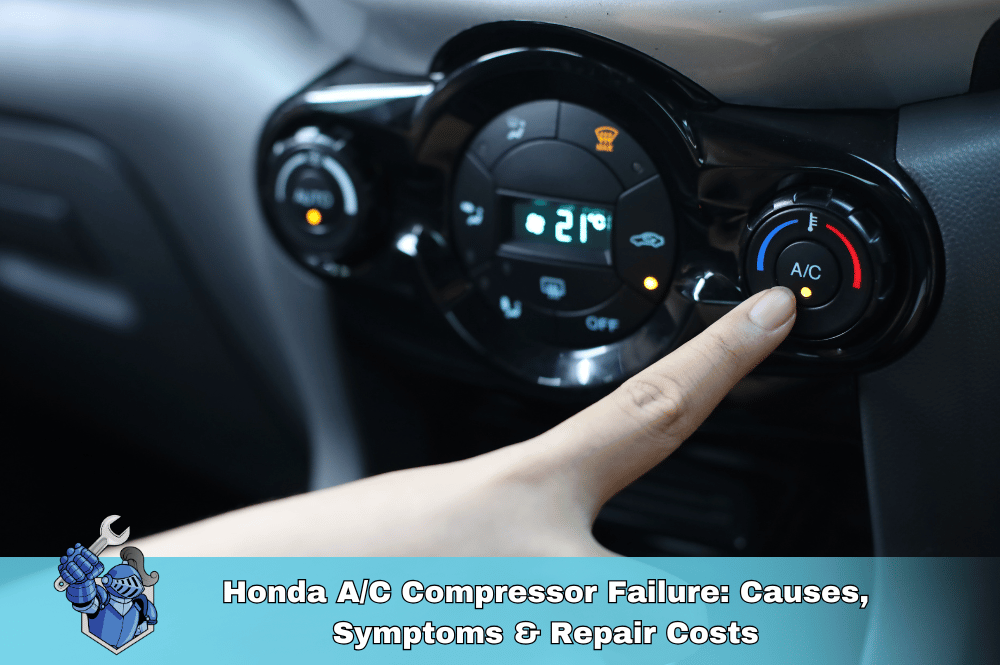 Honda A/C Compressor Failure: Causes, Symptoms & Repair Costs
Honda A/C Compressor Failure: Causes, Symptoms & Repair Costs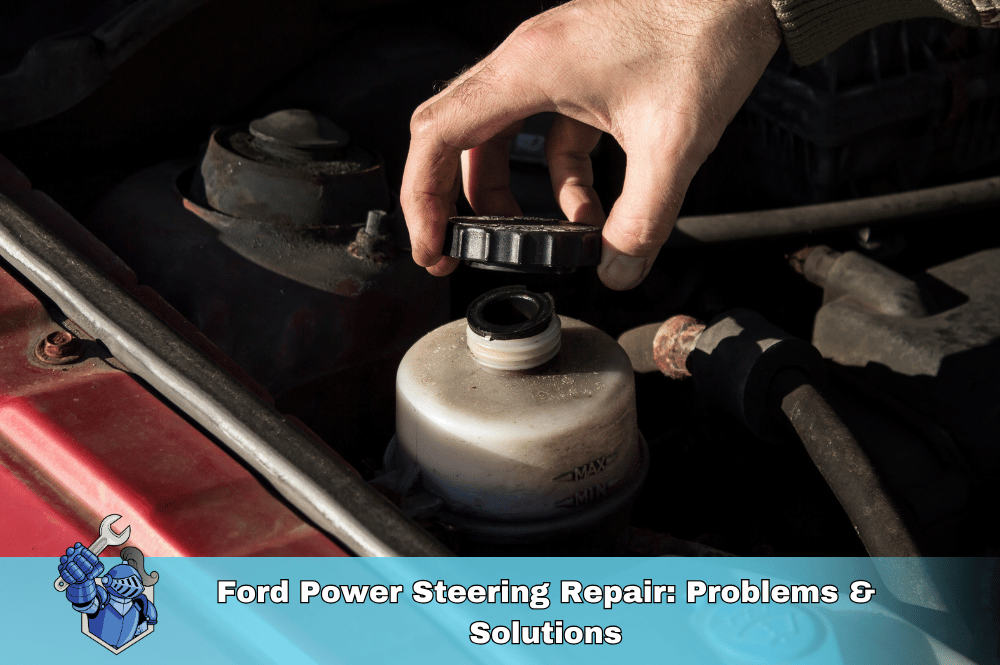 Ford Power Steering Repair: Problems & Solutions
Ford Power Steering Repair: Problems & Solutions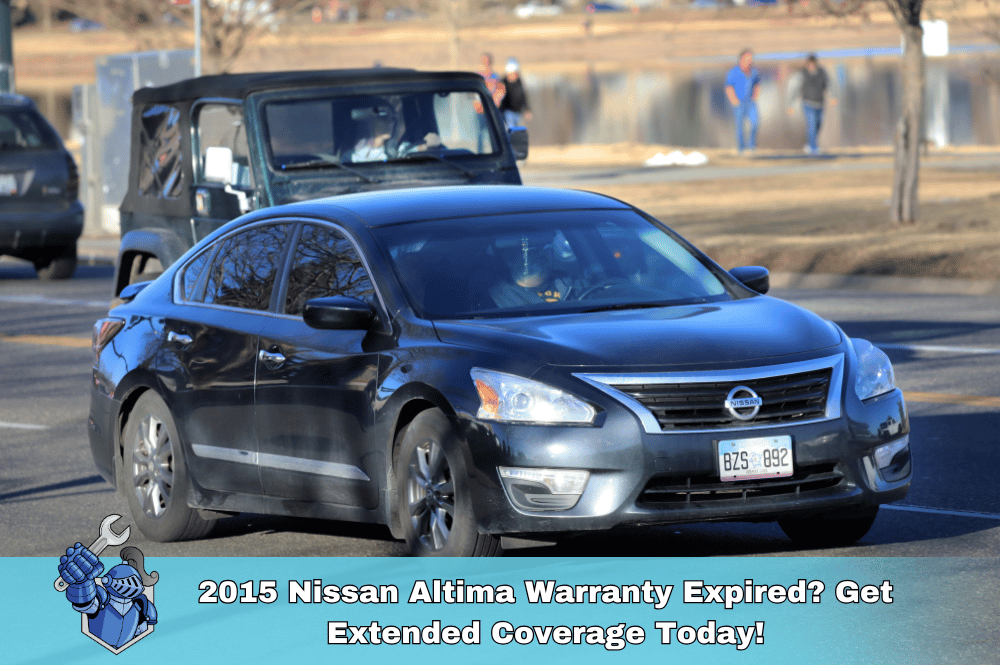 2015 Nissan Altima Warranty Expired? Get Extended Coverage Today!
2015 Nissan Altima Warranty Expired? Get Extended Coverage Today! Car Scratches Driving You Crazy? 10 Steps to Fix Them Yourself
Car Scratches Driving You Crazy? 10 Steps to Fix Them Yourself Why Your Headlights Are Turning Yellow (And How to Prevent It)
Why Your Headlights Are Turning Yellow (And How to Prevent It) That Annoying Hemi Tick: Why It Happens & How to Stop It
That Annoying Hemi Tick: Why It Happens & How to Stop It Ford F-150: This Ain't Your Grandpa's Pickup!
Ford F-150: This Ain't Your Grandpa's Pickup!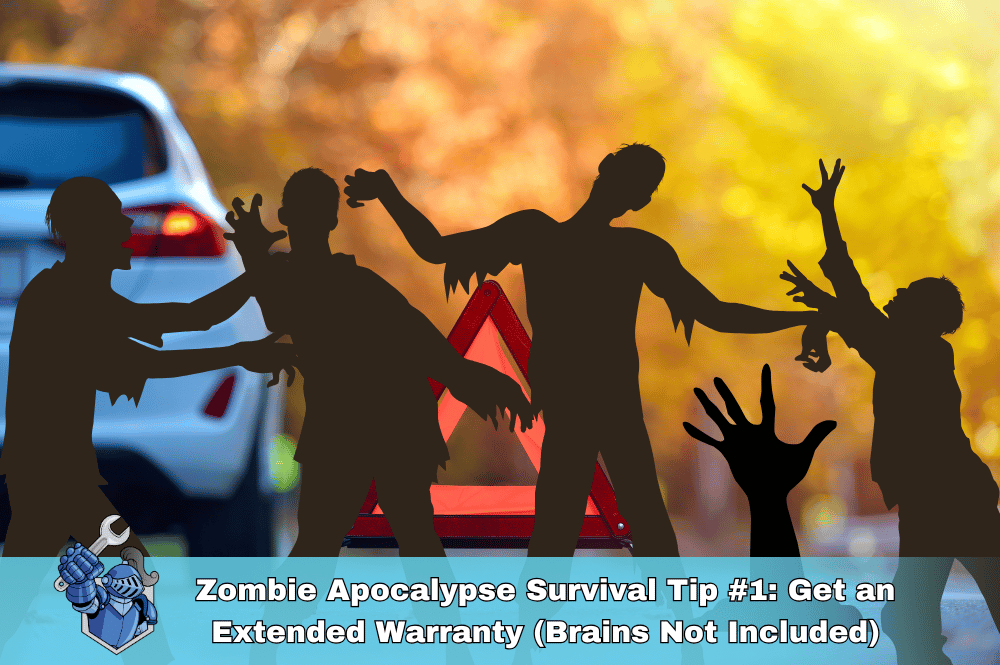 Zombie Apocalypse Survival Tip #1: Get an Extended Warranty (Brains Not Included)
Zombie Apocalypse Survival Tip #1: Get an Extended Warranty (Brains Not Included) 'Tis the Season to Be Jolly... and Protected: Why an Extended Warranty is the Gift That Keeps on Giving
'Tis the Season to Be Jolly... and Protected: Why an Extended Warranty is the Gift That Keeps on Giving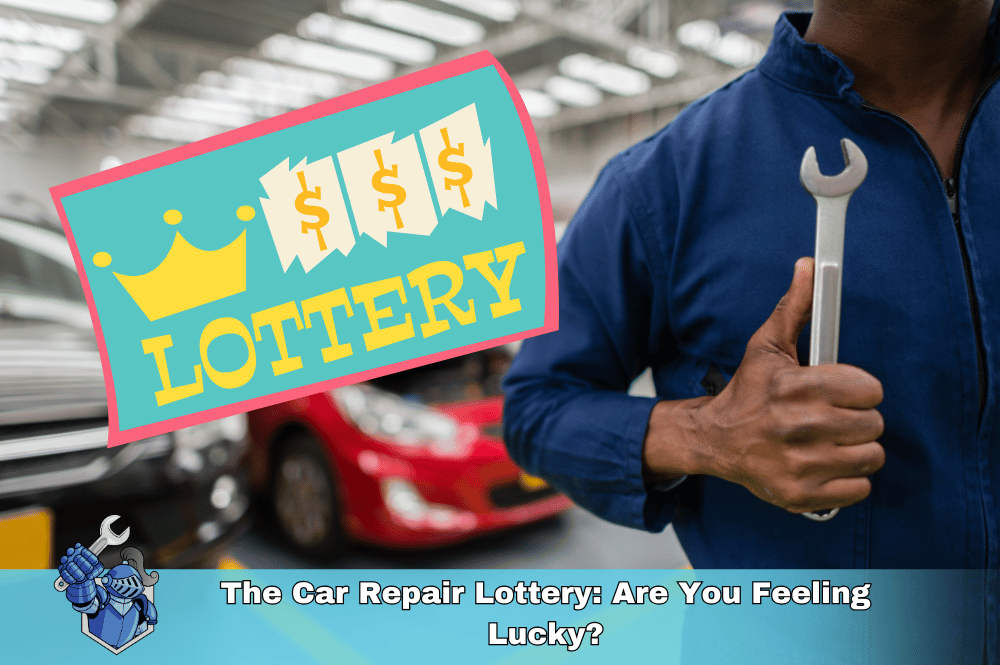 The Car Repair Lottery: Are You Feeling Lucky?
The Car Repair Lottery: Are You Feeling Lucky? Extended Warranty Secrets: Unlocking Surprising Perks You Didn’t Know Existed!
Extended Warranty Secrets: Unlocking Surprising Perks You Didn’t Know Existed! Car Trouble? Your Insurance Might NOT Cover This!
Car Trouble? Your Insurance Might NOT Cover This! Nissan Frontier: Conquer Any Terrain in Style and Comfort
Nissan Frontier: Conquer Any Terrain in Style and Comfort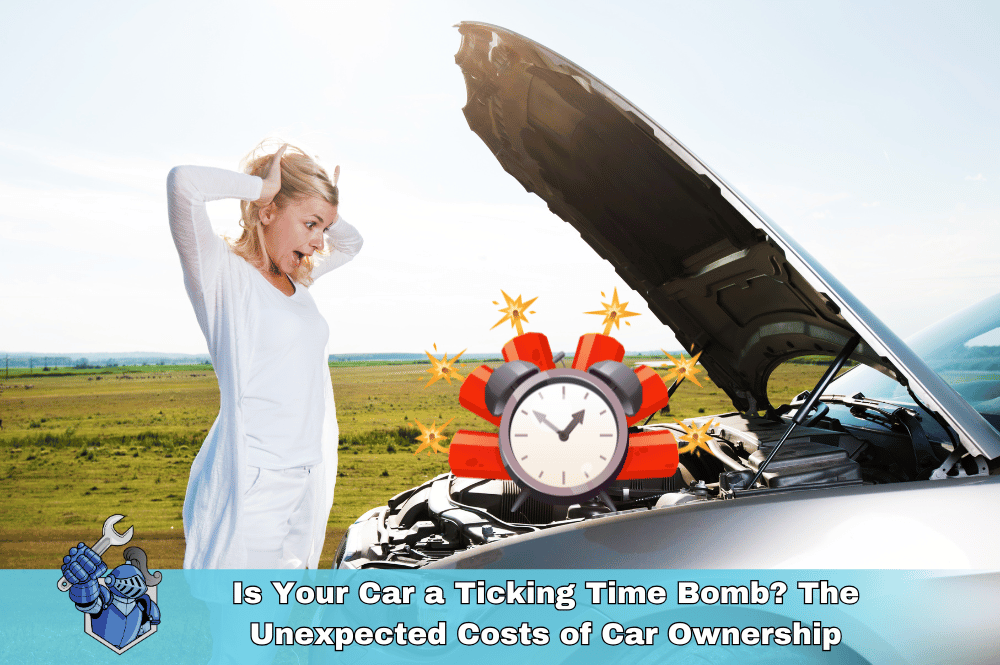 Is Your Car a Ticking Time Bomb? The Unexpected Costs of Car Ownership
Is Your Car a Ticking Time Bomb? The Unexpected Costs of Car Ownership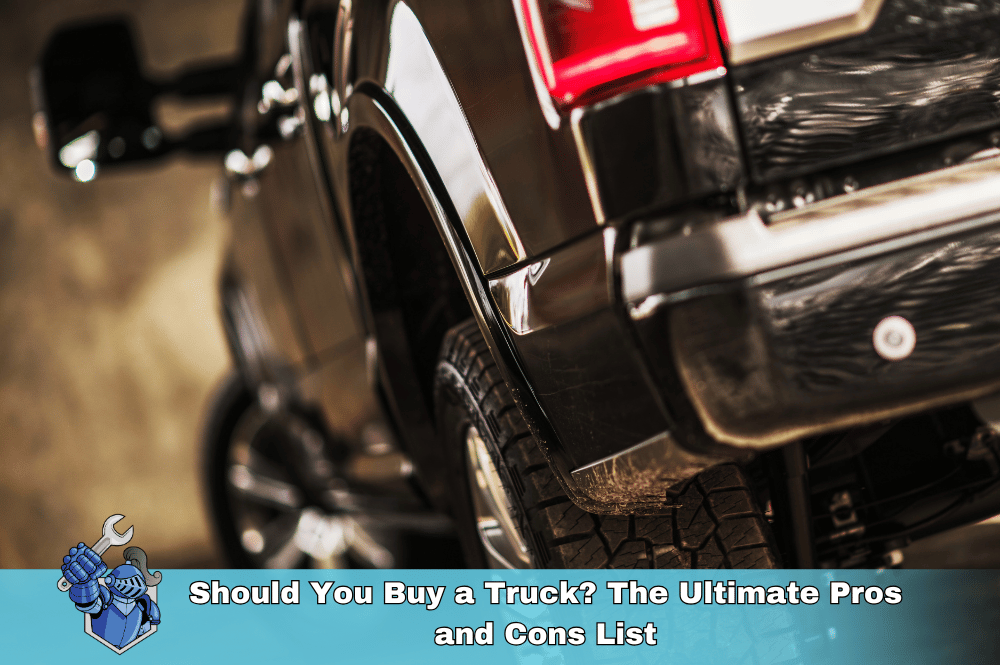 Should You Buy a Truck? The Ultimate Pros and Cons List
Should You Buy a Truck? The Ultimate Pros and Cons List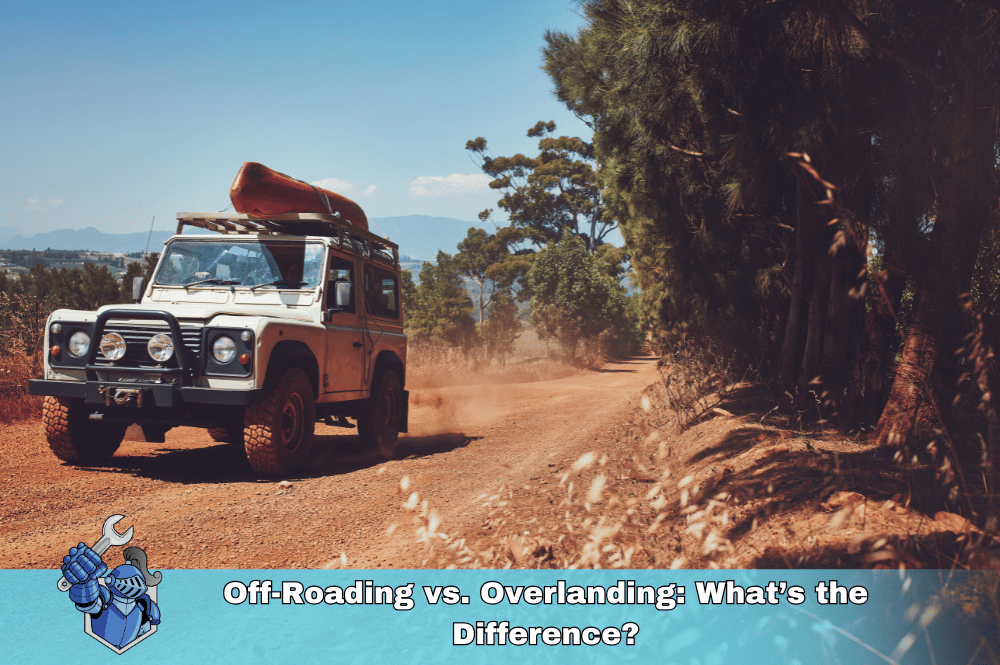 Off-Roading vs. Overlanding: What’s the Difference?
Off-Roading vs. Overlanding: What’s the Difference?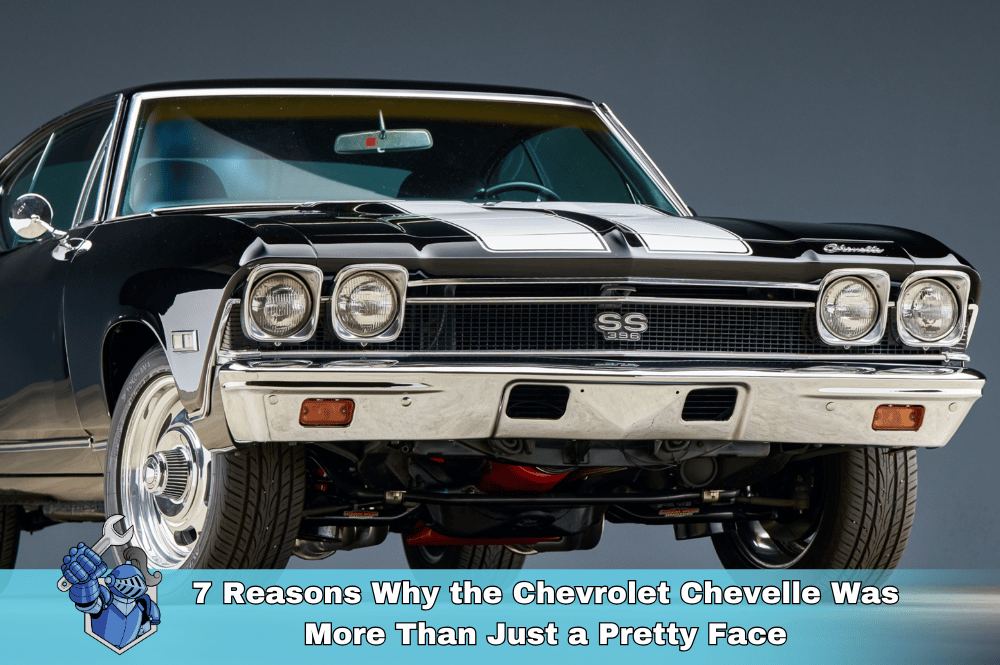 7 Reasons Why the Chevrolet Chevelle Was More Than Just a Pretty Face
7 Reasons Why the Chevrolet Chevelle Was More Than Just a Pretty Face